Mucus in Dog Poop: Causes and Treatment
Noticing mucus in your dog’s poop can be quite concerning. Many pet owners wonder if this is normal or if it signals a health problem. Mucus in dog poop can be a normal occurrence due to the natural lining of the intestines, but it may also indicate issues like dietary changes, allergies, or infections.
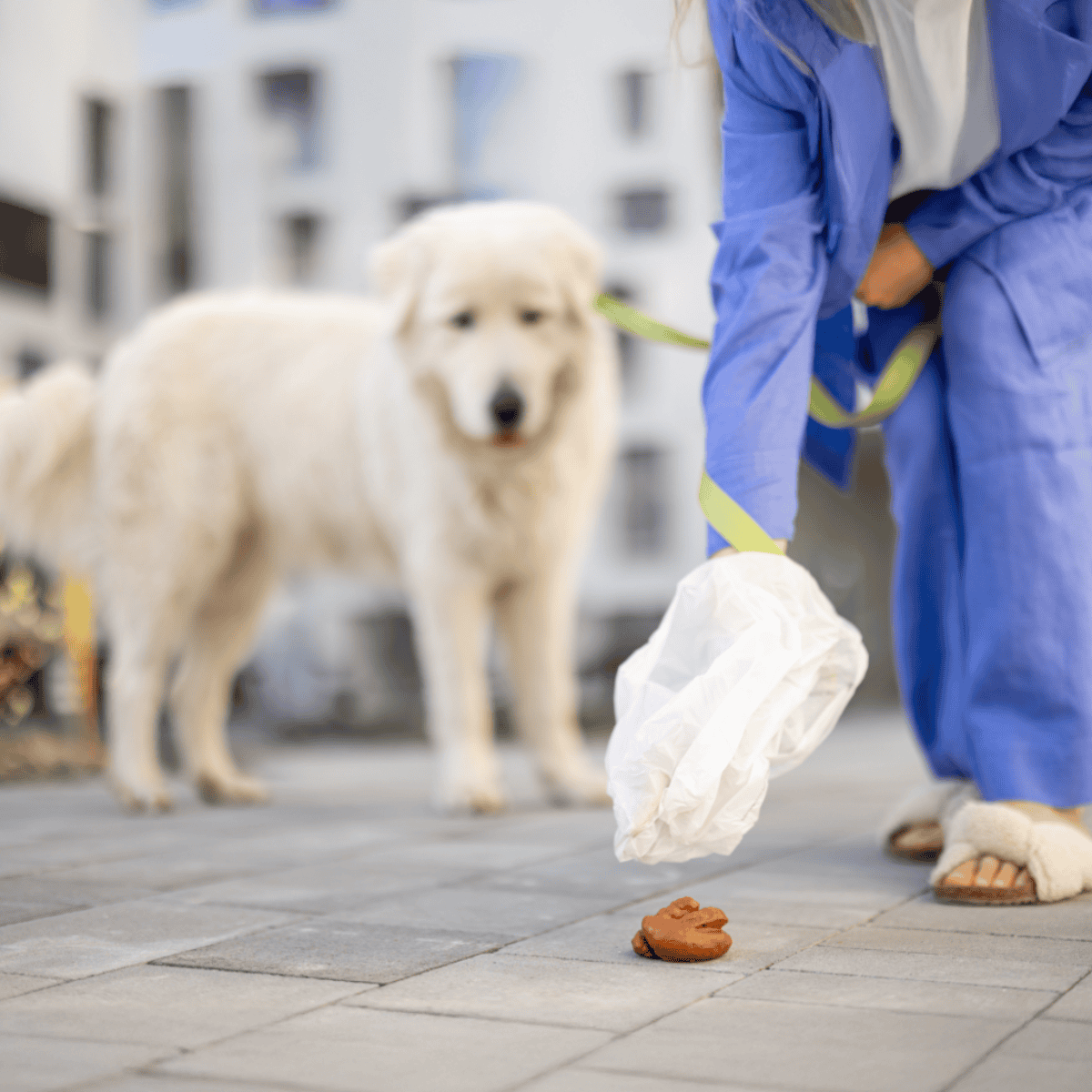
If your dog’s poop frequently has mucus or if you observe any other symptoms like diarrhea, vomiting, or a change in appetite, it might be time to pay closer attention. Understanding the possible causes can help address potential health issues early.
Dogs with mucus in their stool might also experience changes in their behavior or energy levels. Observing additional signs can be crucial in determining whether a visit to the veterinarian is necessary. While some mucus is normal, persistent or large amounts should not be ignored.
What Does Mucus in Dog Poop Look Like?
Is Mucus in Dog Poop an Emergency?
A small amount of mucus in dog stool is typically not a cause for alarm. Mucus might appear as a shiny slime, clear jelly, or snot surrounding the stool.
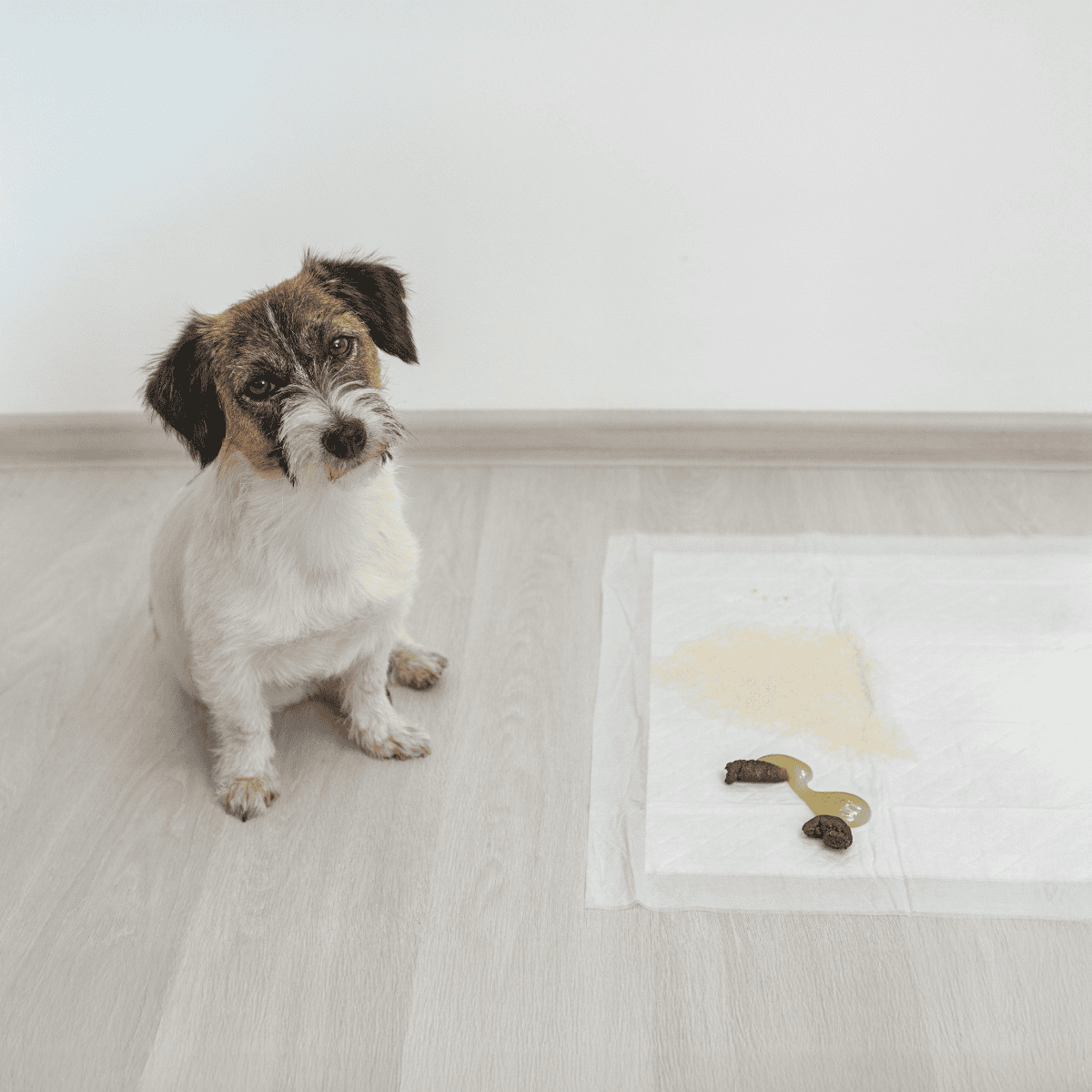
A large amount of mucus in your dog’s stool could indicate a medical issue that needs veterinary attention. If you repeatedly notice mucus or see a significant amount at once, you should contact your vet.
For dogs that are very young, very old, or have pre-existing conditions, contact your vet immediately if you see any mucus in their stool. Additionally, if mucus in the stool is accompanied by diarrhoea or blood, visit your vet right away.
Causes of Mucus in Dog Poop
Intestinal Infections
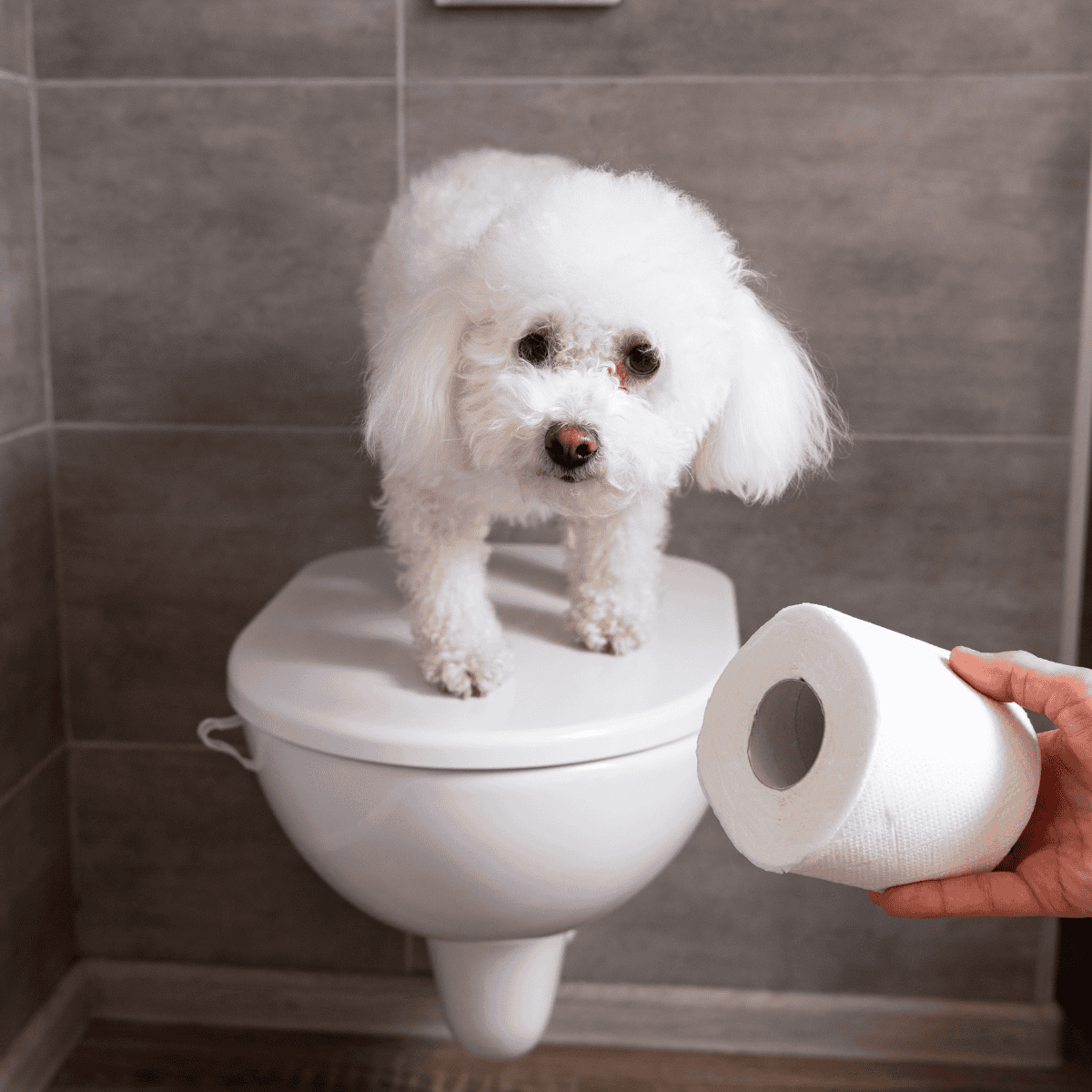
Bacteria, viruses, and fungi can infect a dog’s gastrointestinal system. Common culprits include E.coli, salmonella, parvovirus, and pythiosis. In addition to mucus in the stool, dogs with these infections often experience diarrhoea, vomiting, and loss of appetite. Treatment typically involves supportive care and medications to target the infection.
Parasites
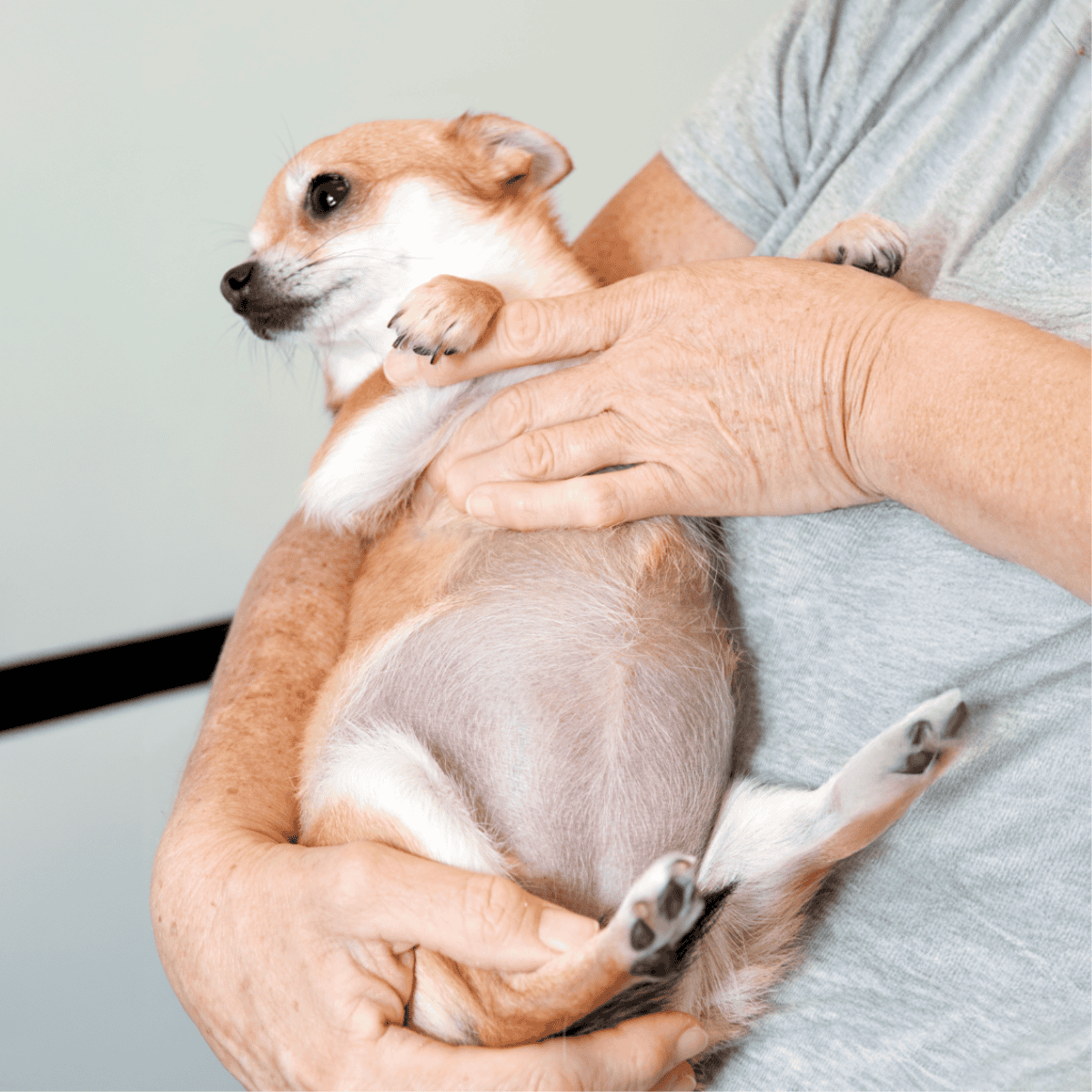
Various intestinal parasites like whipworms, tapeworms, and Giardia can lead to mucus in a dog’s stool. A faecal exam is used to identify the specific parasite, and appropriate deworming medication is then prescribed to resolve the issue.
Dietary Indiscretion
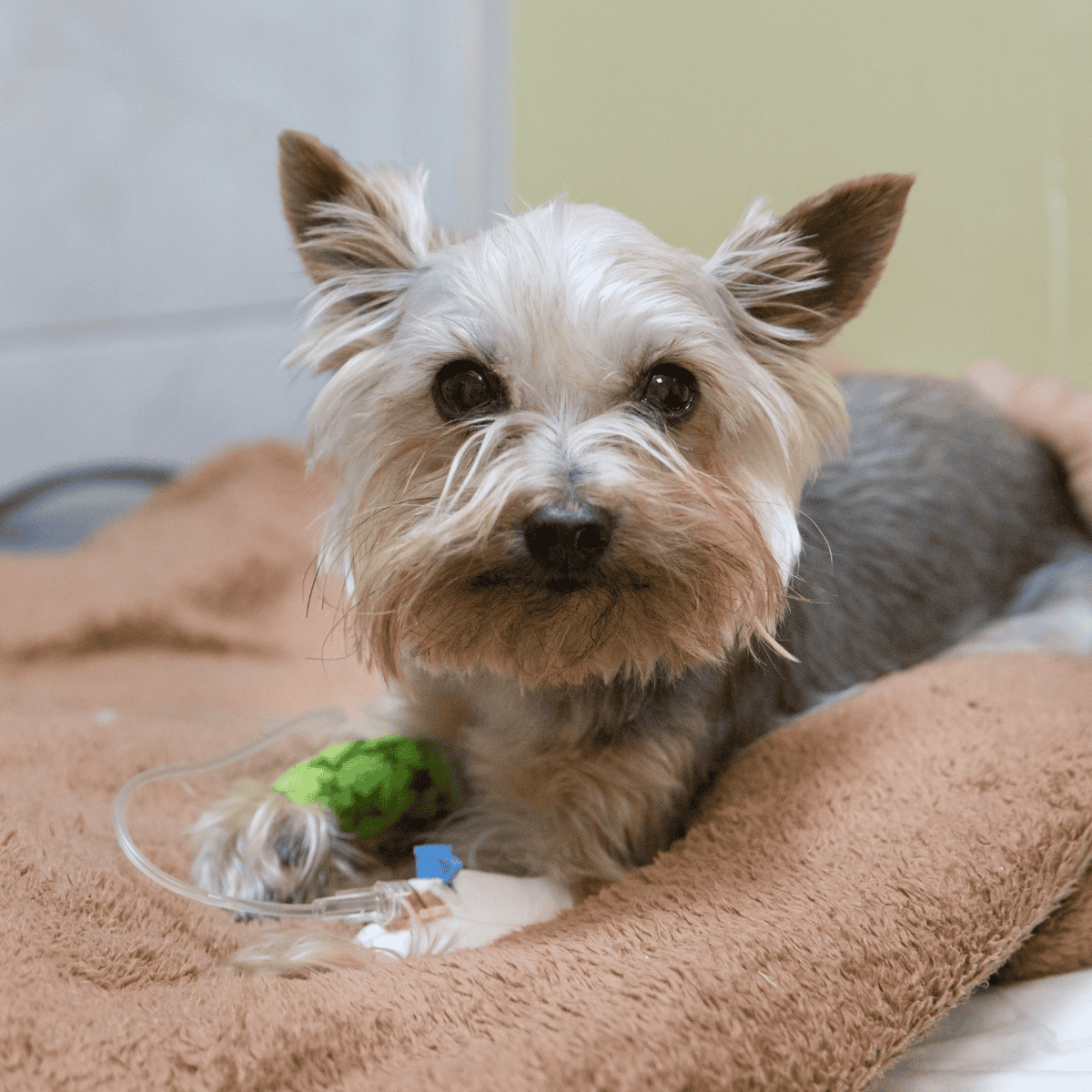
Dogs may produce mucus in their stool after eating something unusual or inappropriate. Mild cases usually resolve on their own. More severe cases might require medication to control symptoms like vomiting and diarrhoea, as well as possibly antibiotics, fluid therapy, nutritional support, and even surgery to remove foreign material.
Change in Diet/Food Allergies
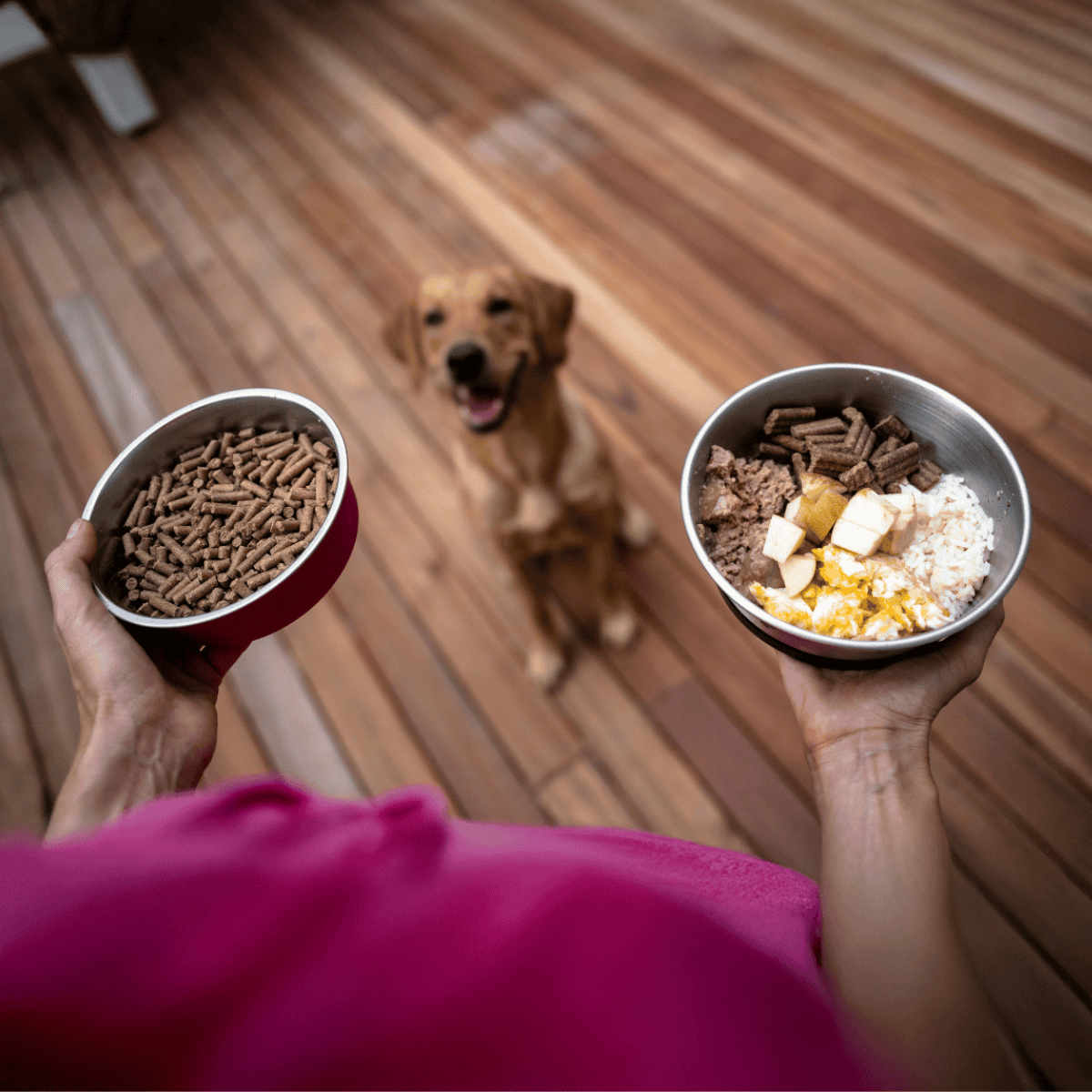
Switching a dog’s diet abruptly can result in mucus in the stool. Gradually introducing new food by mixing it with the old food usually resolves this issue. Food allergies or intolerances can also cause similar symptoms, and veterinary-prescribed hypoallergenic foods might be necessary.
Irritable Bowel Syndrome (IBS)

Stress is believed to play a significant role in irritable bowel syndrome flare-ups. Treatment often includes stress relief measures, dietary changes, and medications to reduce symptom severity.
Inflammatory Disorders
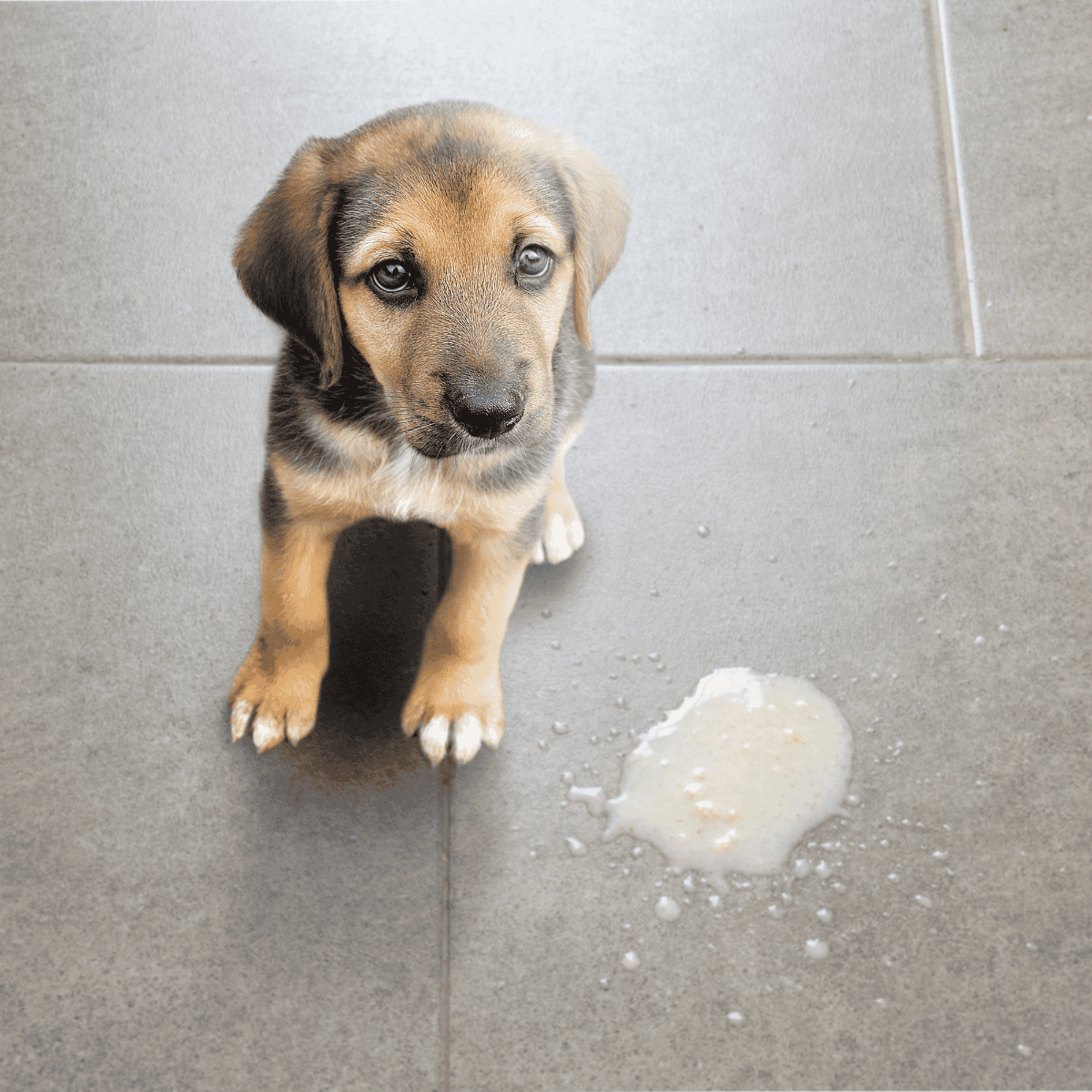
Inflammatory bowel disease (IBD) not only causes mucus in the stool but can also lead to weight loss, vomiting, and diarrhoea. Managing the condition typically involves dietary changes and sometimes immunosuppressive medications.
Cancer
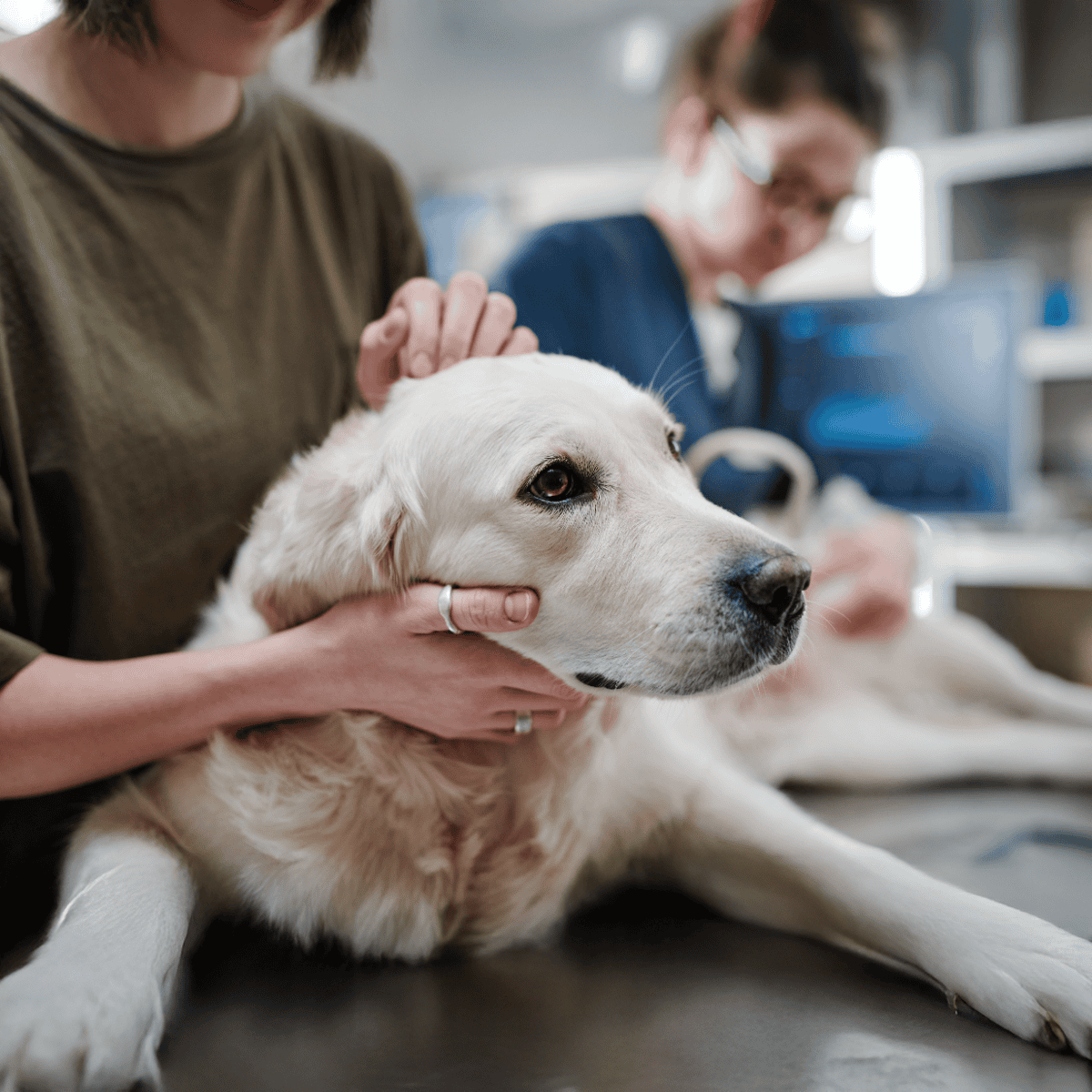
Gastrointestinal cancer can be a cause of mucus in the stool. Treatment options may include surgery, chemotherapy, radiation, or palliative care to manage the condition.
Acute Hemorrhagic Diarrhoea Syndrome (AHDS)
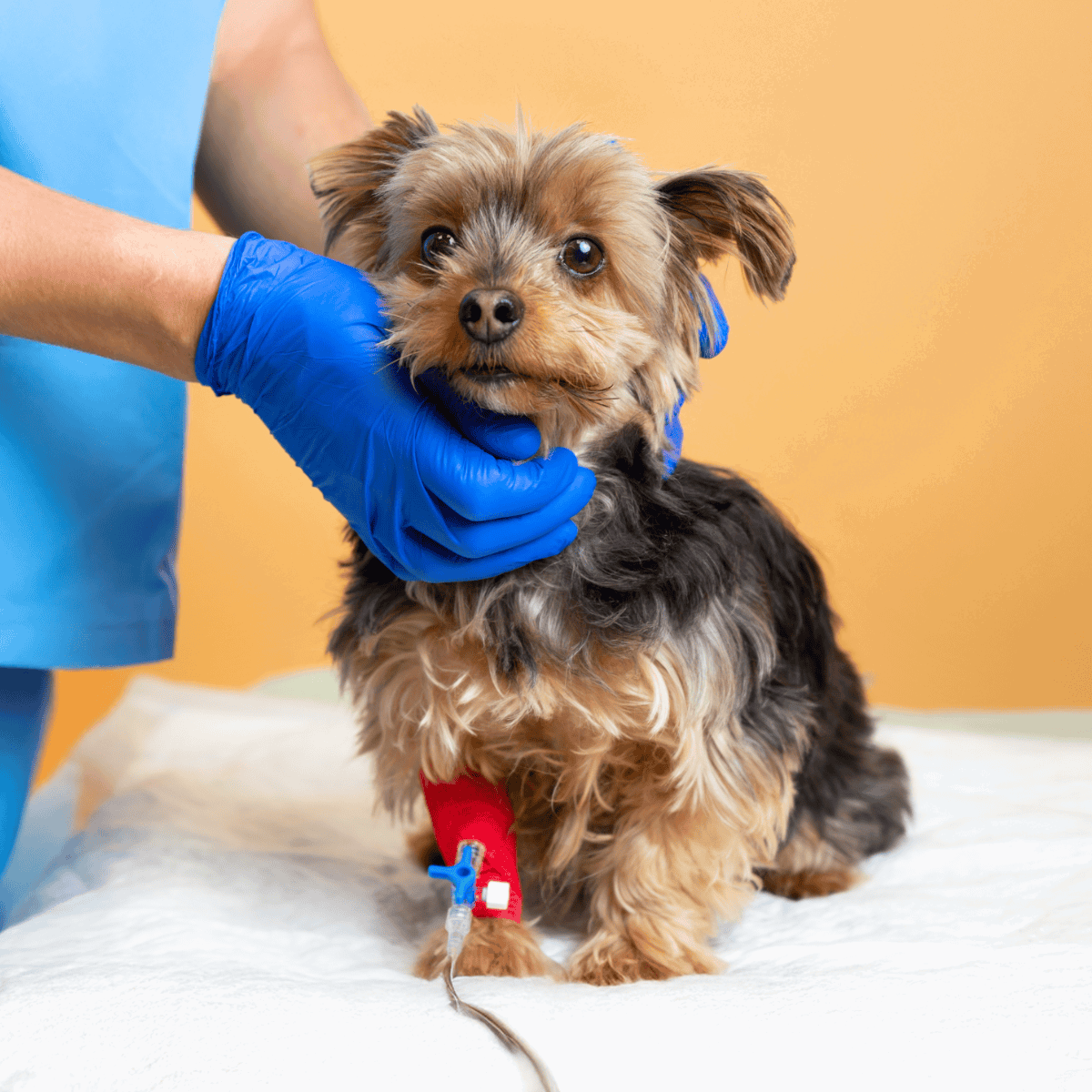
This condition is characterised by stools that contain significant amounts of blood and mucus, often resembling raspberry jam. Treatment includes supportive care, anti-nausea medications, fluid therapy, and antibiotics.
Enjoying this read?
We publish this content for free to generate interest in our Premium members' area. By subscribing, you can ask the writer any questions related to pet care and this article, get access to 100+ Premium Pet Care Guides and go Ad-Free with DogFix Premium for $2.99.
What To Do If Your Dog Is Pooping Mucus
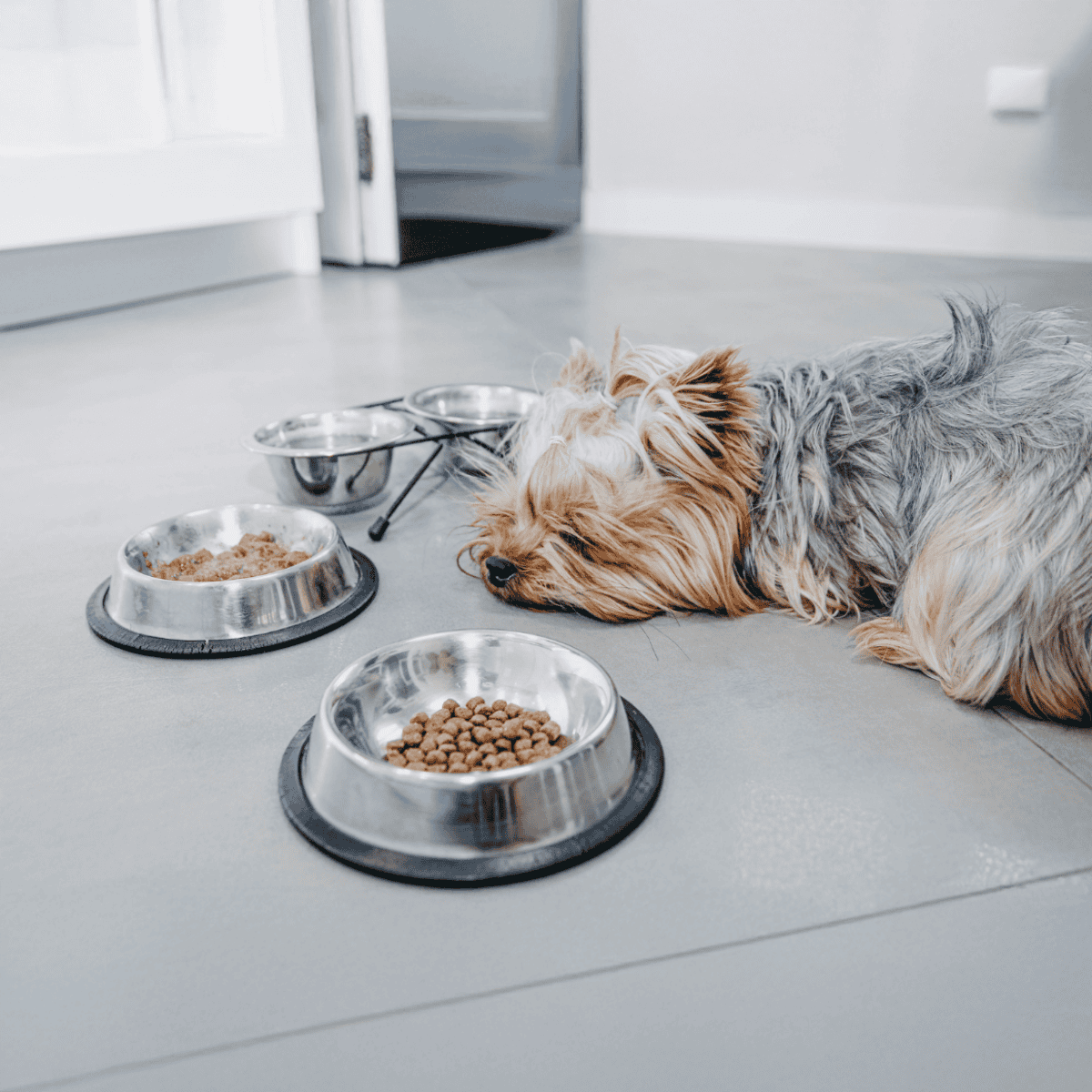
If your dog consistently has mucus in their stool, schedule a vet visit. Additional symptoms to watch for include:
- Lack of appetite
- Weight loss
- Vomiting
- Diarrhoea
- Blood in the stool
- Pain
These signs could indicate a health issue that requires professional attention. Ensure your pet gets the care they need promptly.
Symptoms Accompanying Mucus in Stool
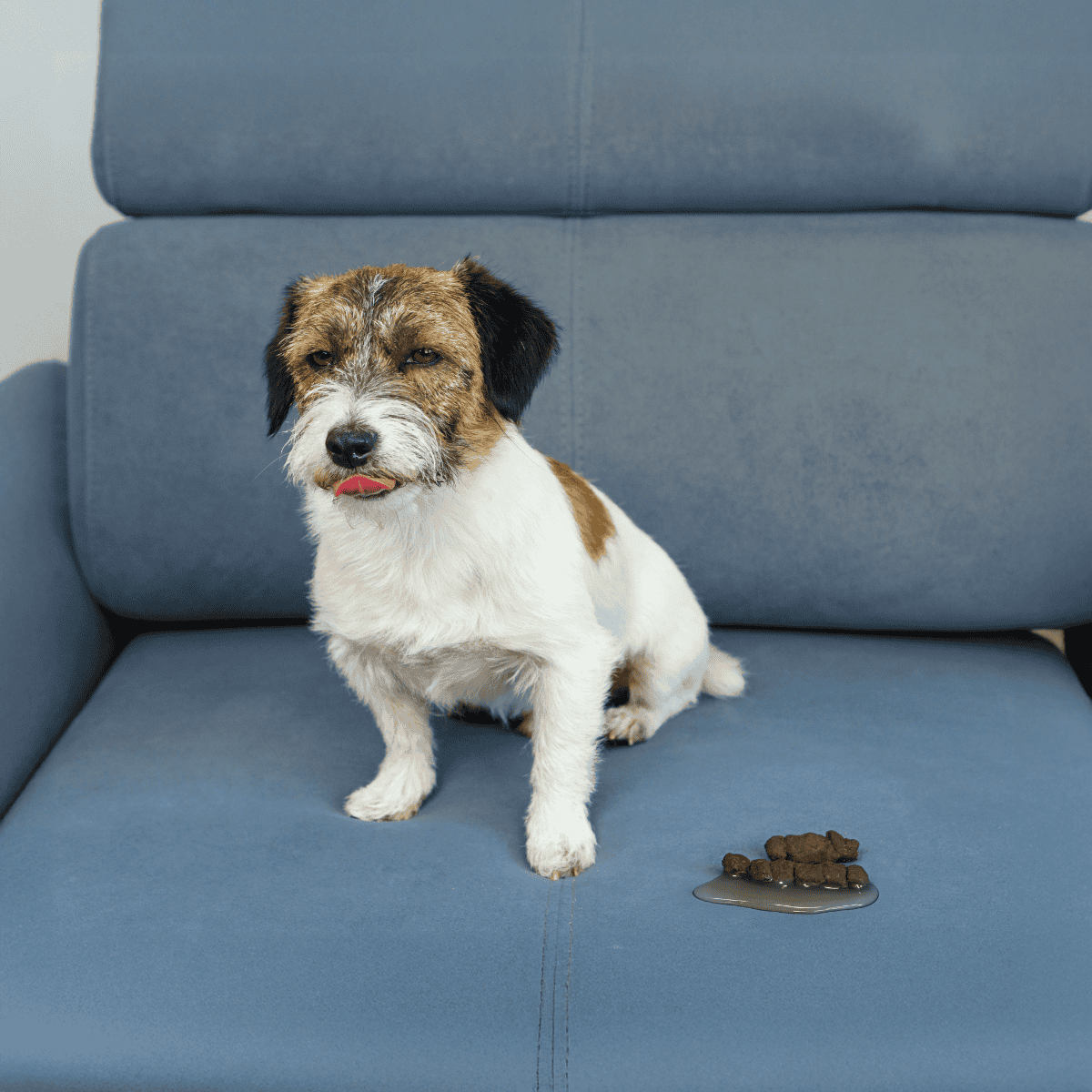
When dogs have mucus in their stool, it can be a sign of various underlying health issues. Common symptoms include changes in stool consistency, frequency of defecation, and the presence of visible blood.
Changes in Stool Consistency
Changes in stool consistency are common when mucus appears. Stools may become softer or more liquid than usual. Sometimes, the stool could be firmer or even hard. Diarrhoea is often a sign, characterised by loose or watery stools.
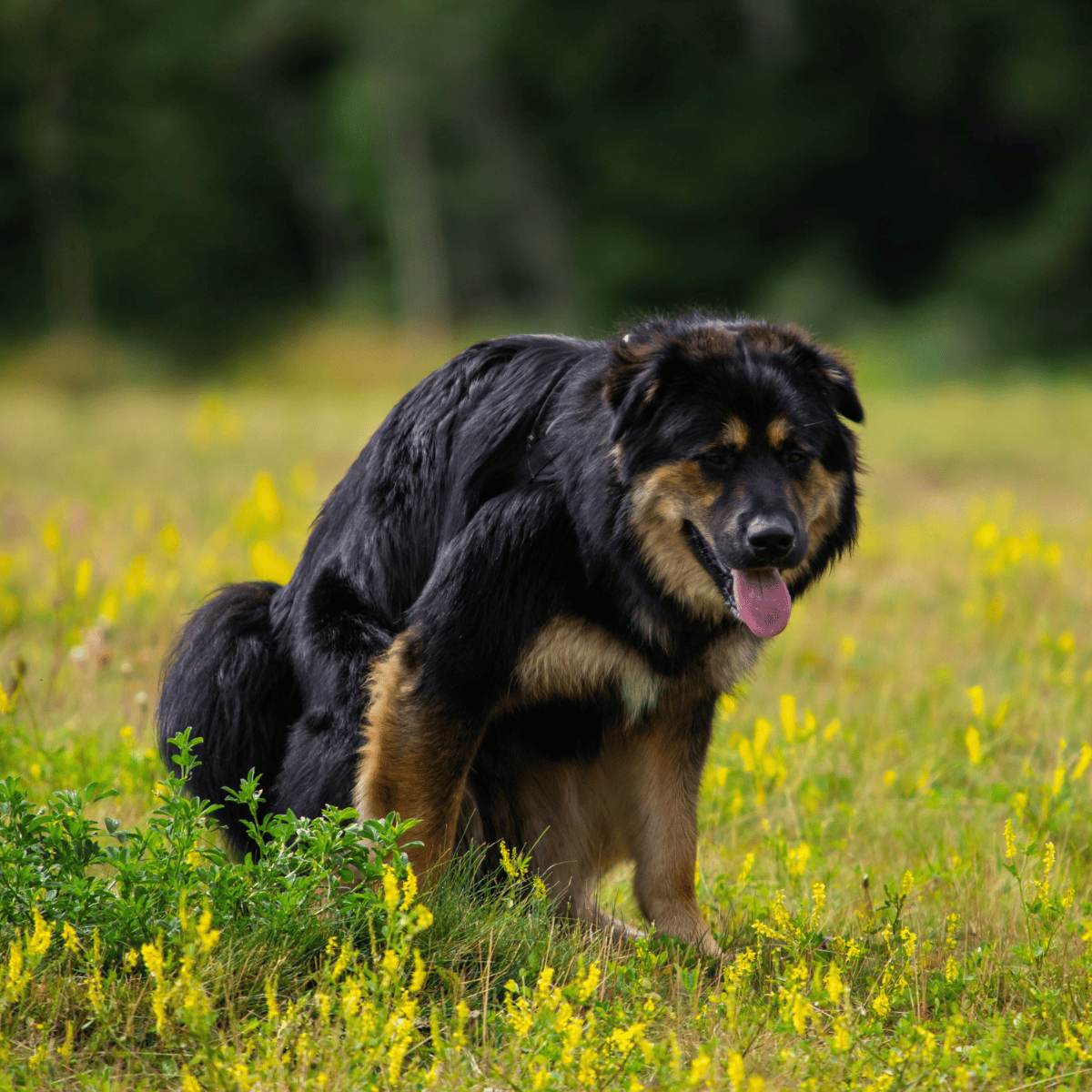
Unusual colour changes, such as overly light or dark stools, may also be noted. Monitoring these changes can help identify additional digestive problems.
Frequency of Defecation
Dogs with mucus in their stool may defecate more or less frequently. Increased defecation often points to issues like infections or dietary changes causing irritation. Decreased frequency could indicate constipation, especially if the stool is accompanied by mucus.
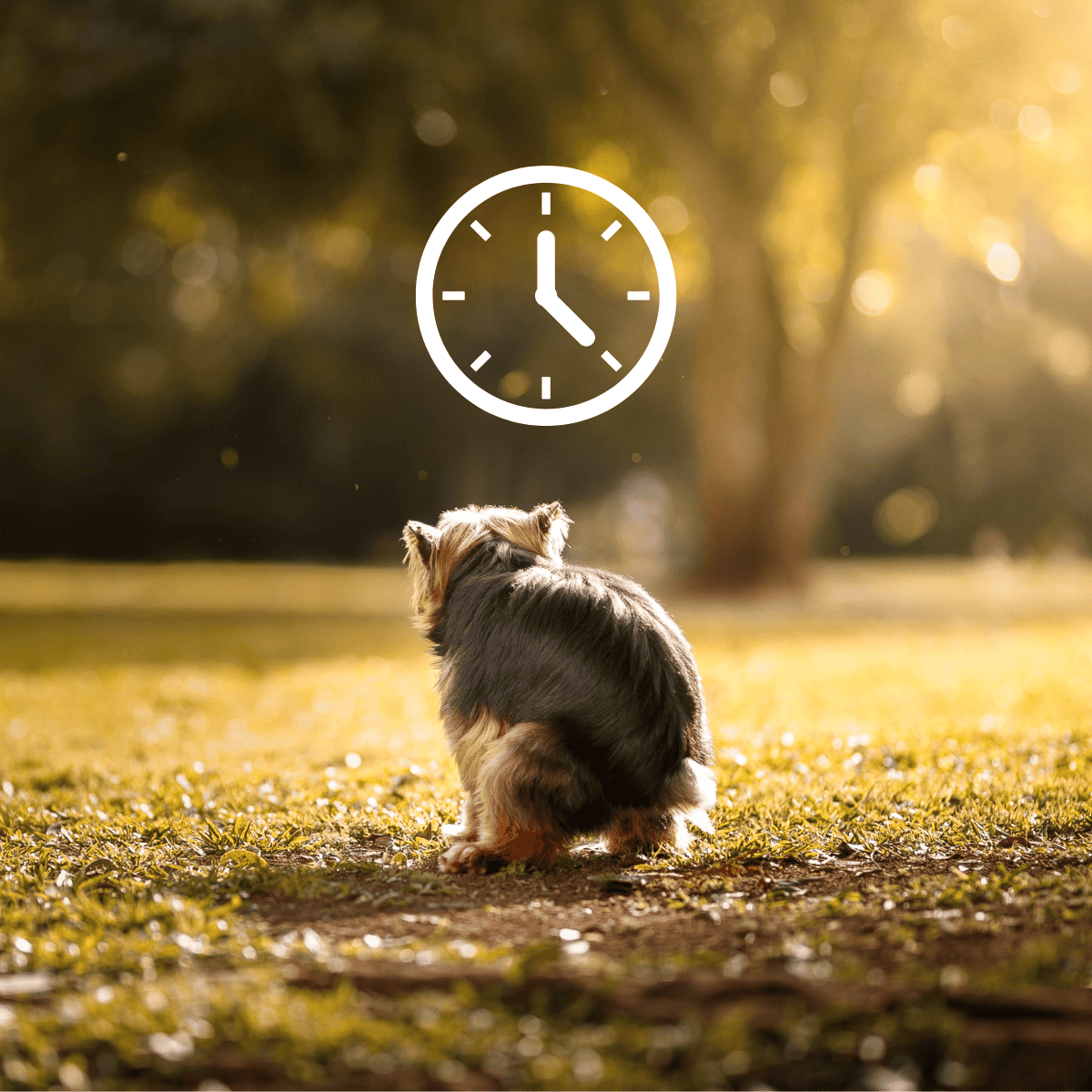
Tracking how often a dog goes to the bathroom can provide important clues about their health. Consistency in their bathroom habits usually signifies stable health.
How Veterinarians Diagnose Mucus in Dog Poop
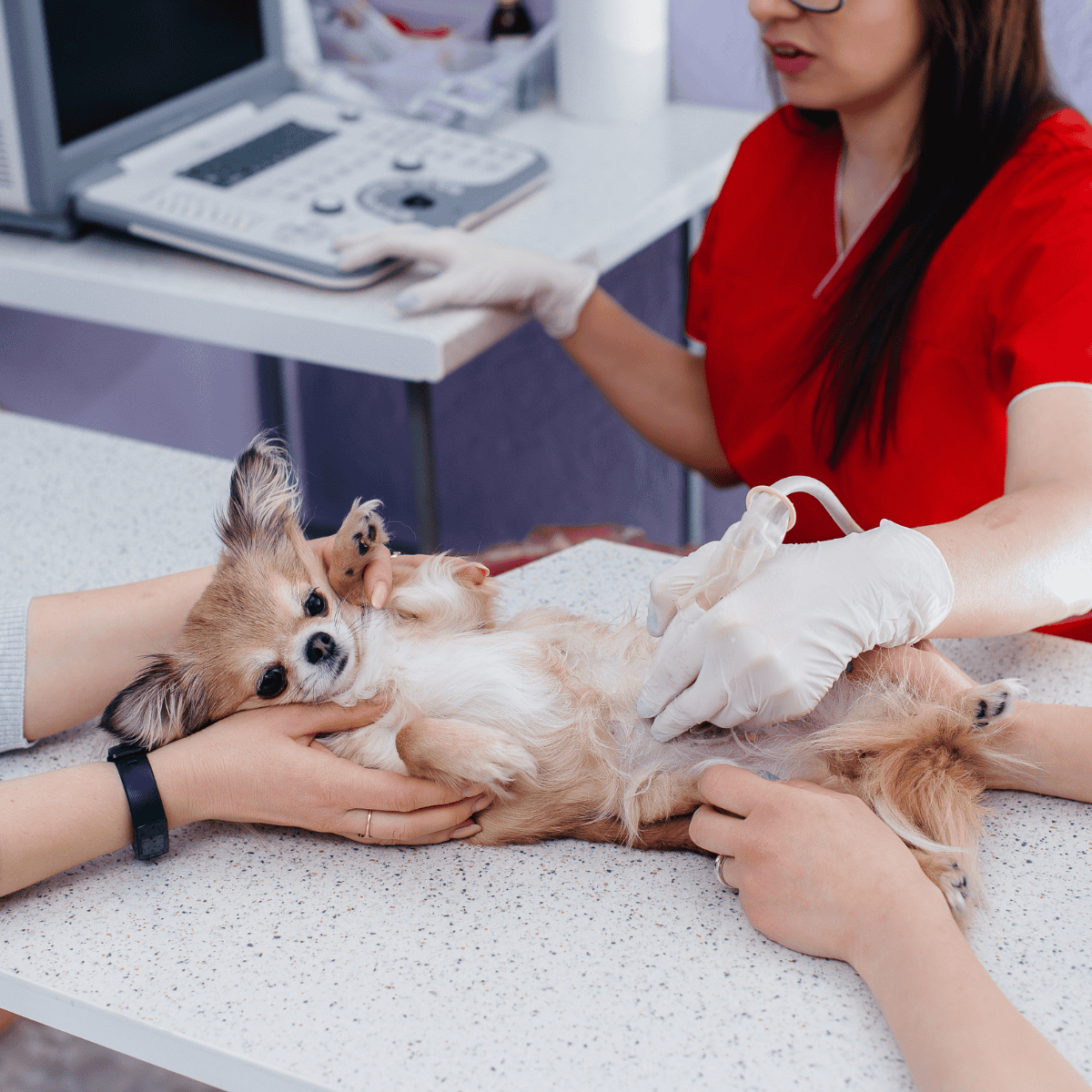
Veterinarians gather a full health history and conduct a physical exam. They often use several tests to identify the cause:
- Faecal exam
- Blood work
- Urinalysis
- Abdominal X-rays or ultrasound
- Endoscopy
- Biopsy of the intestinal tract
These tests help pinpoint the issue and guide treatment.
Treating Mucus in Dog Poop
At-Home Solutions for Small Amounts of Mucus
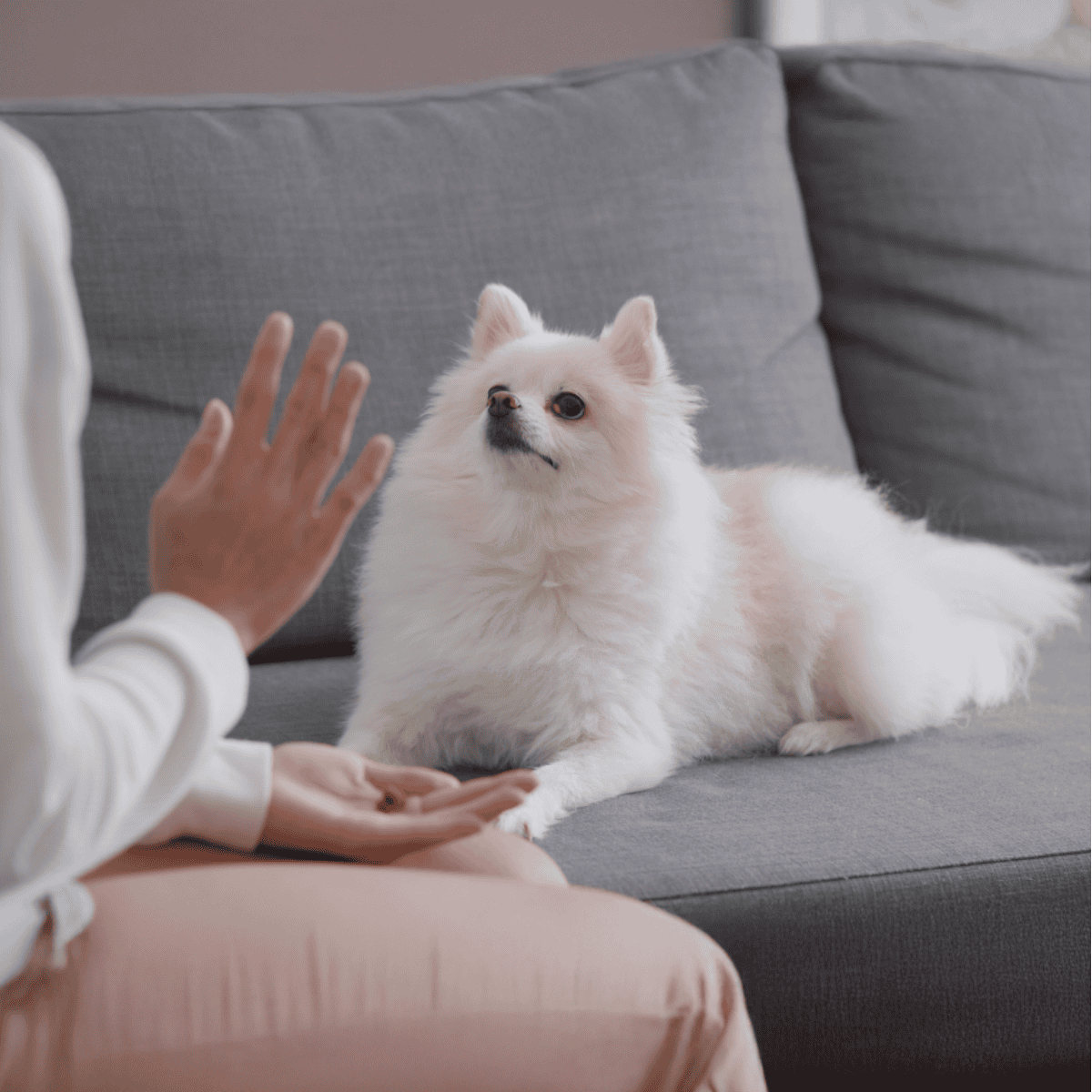
If a dog has a small amount of extra mucus in their stool but seems healthy otherwise, consider home treatments. Check with a vet to see if a vet visit and tests are needed.
Short-term Bland Diet for Digestive Health
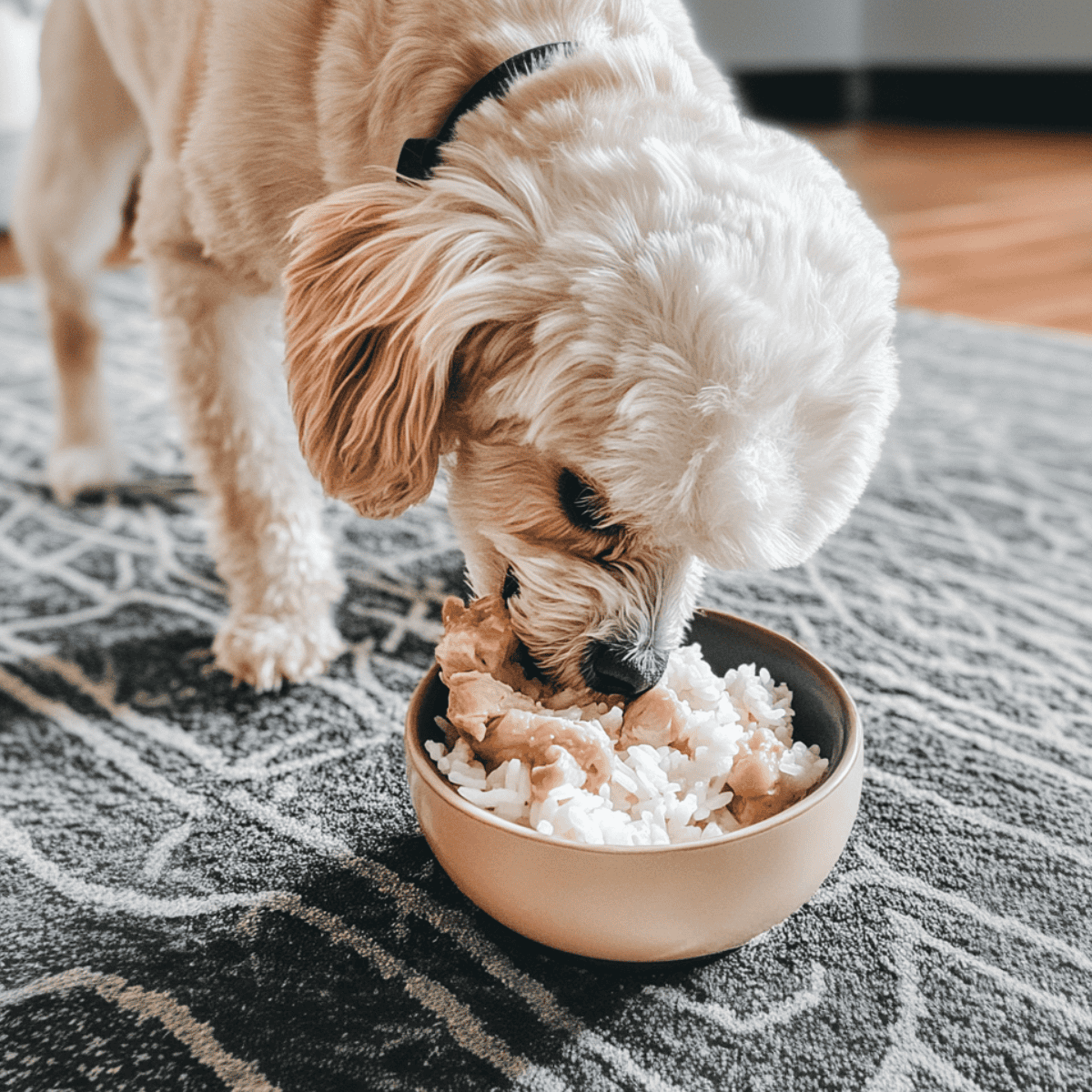
Switching to an easily digestible diet can help. A diet of boiled white meat chicken without skin and bones, white rice, and a small amount of canned pumpkin is often recommended. Feed this for a few days to help the dog’s digestion.
Adding Probiotics
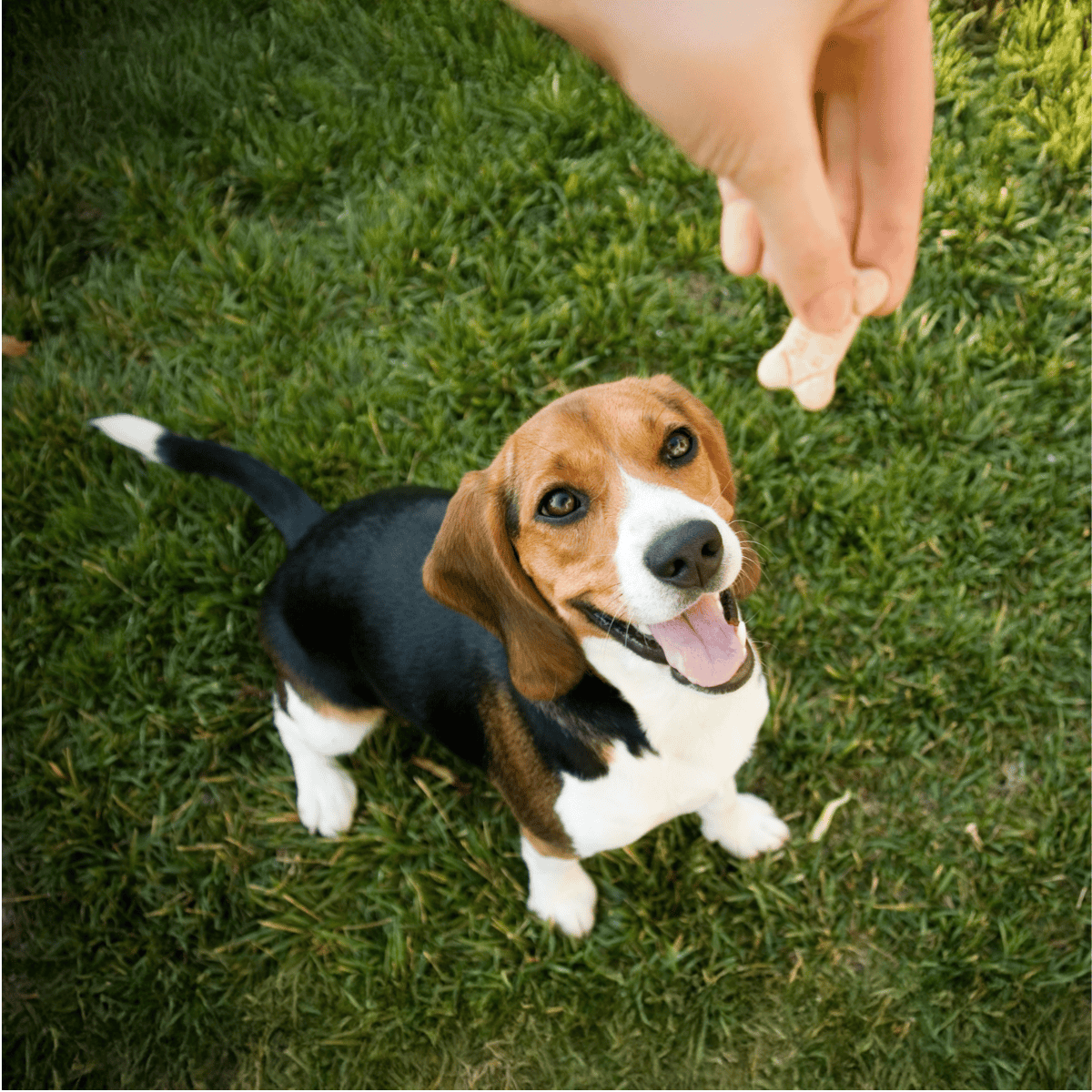
For small amounts of mucus in stool, try using probiotics instead of medications. Look for probiotics made for dogs or ask the vet for suggestions.
Dietary Adjustments
Altering a dog’s diet is often the first step. It’s important to ensure they receive high-quality, easily digestible food. Switching to a bland diet like boiled chicken and rice for a short period can help the digestive system reset.
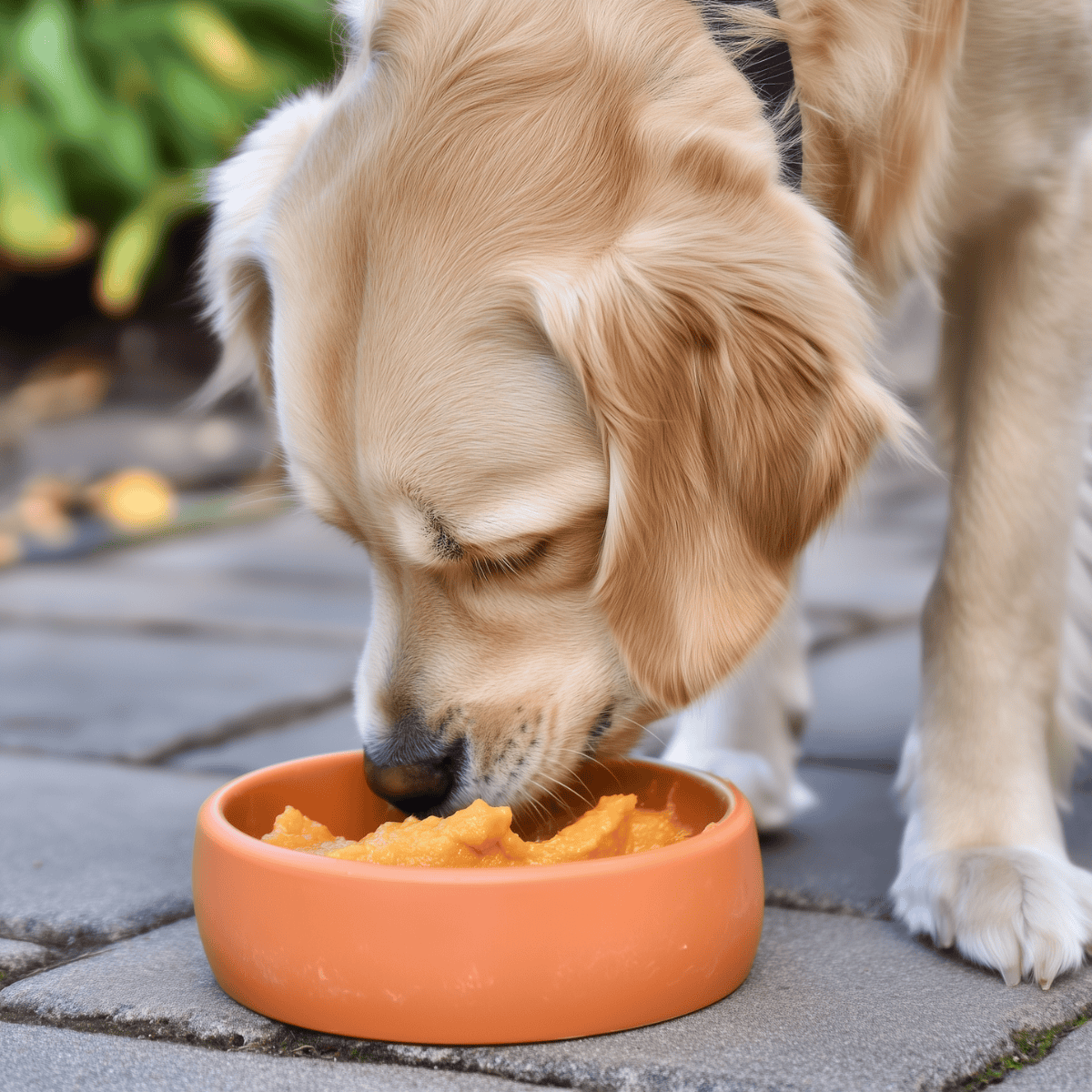
Adding fiber such as pumpkin or psyllium husk can help normalise stool consistency. Some dogs benefit from a hypoallergenic diet if food allergies are suspected. Fresh water should always be available.
Medications
In some cases, medications are necessary. Antidiarrheal drugs can help reduce the frequency of bowel movements and mucus. Anti-inflammatory medications may be prescribed if there’s intestinal inflammation.
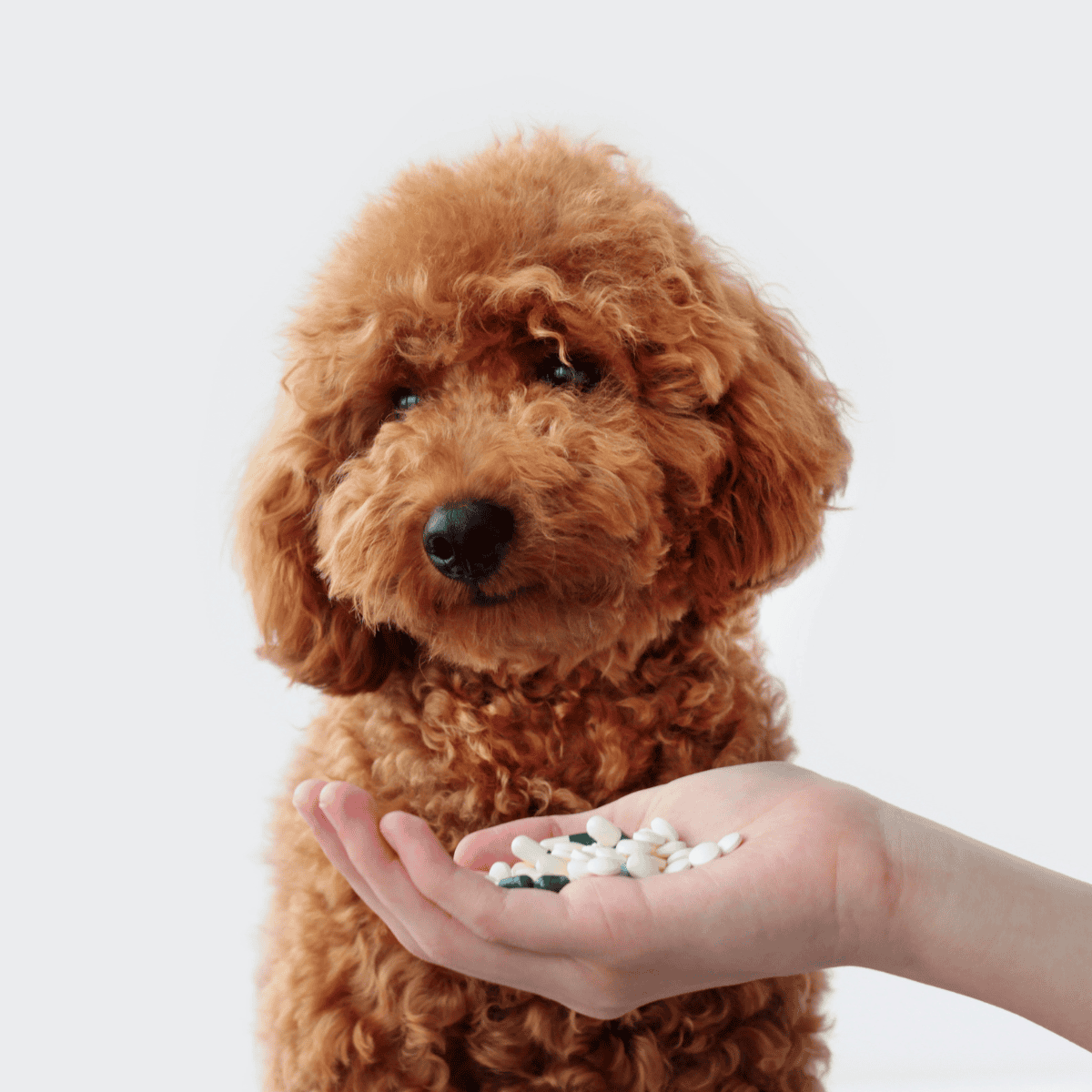
If a bacterial infection is present, antibiotics will be needed. It’s crucial that medications are prescribed by a vet and given as directed to ensure safety and effectiveness.
Recovery and Management of Mucus in Dog Poop
Mucus in dog poop can clear up on its own. Sometimes, though, it’s linked to conditions like inflammatory bowel disease (IBD). With IBD, mucus can come and go, which may signal the need to consult a vet.
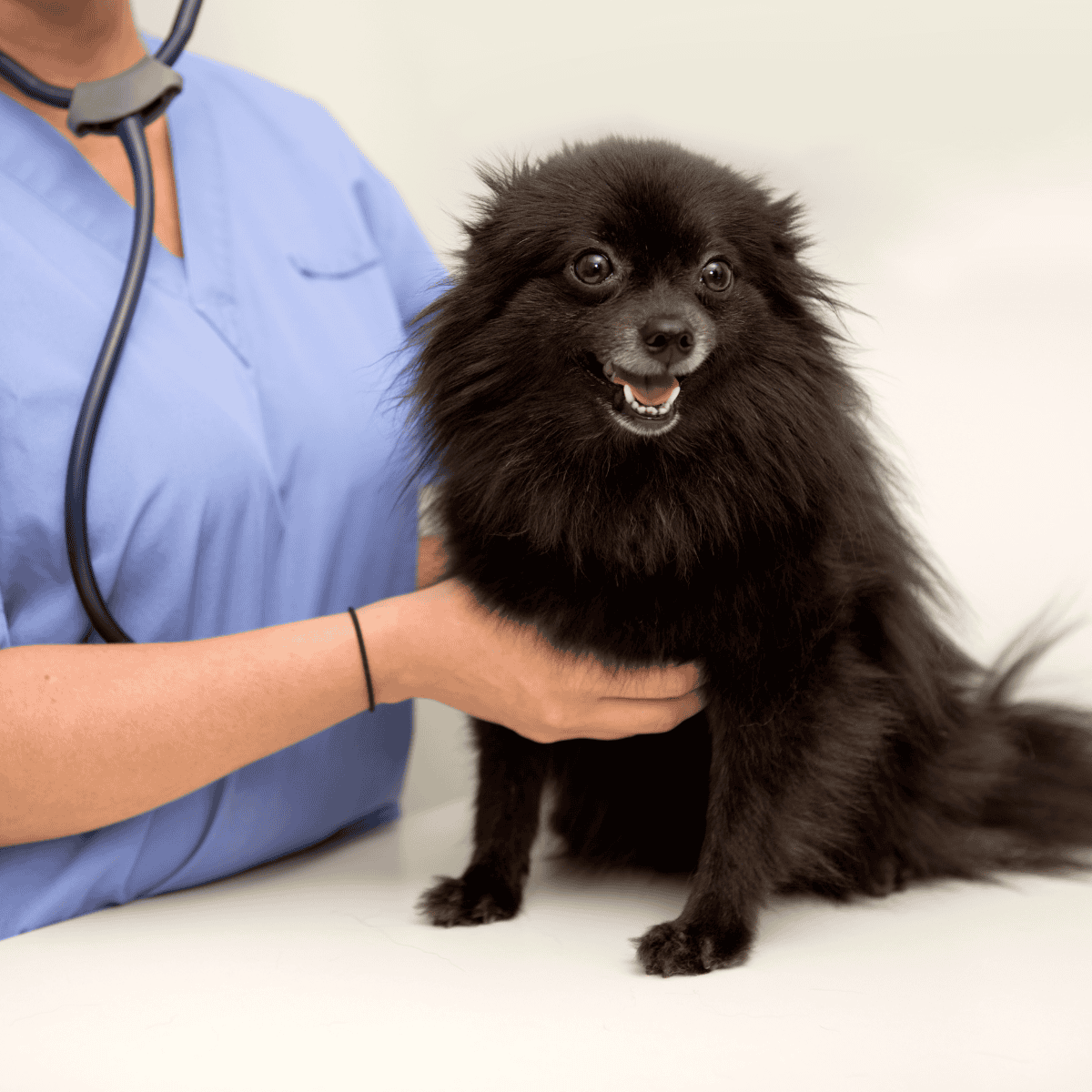
Healthy stool is an indicator of your dog’s health. It’s essential to monitor for mucus, blood, or diarrhoea in the poop. If there are any weird signs, it’s best to call the vet. Photos can be really helpful for the vet to understand the issue better.
Tips for Monitoring Dog Poop:
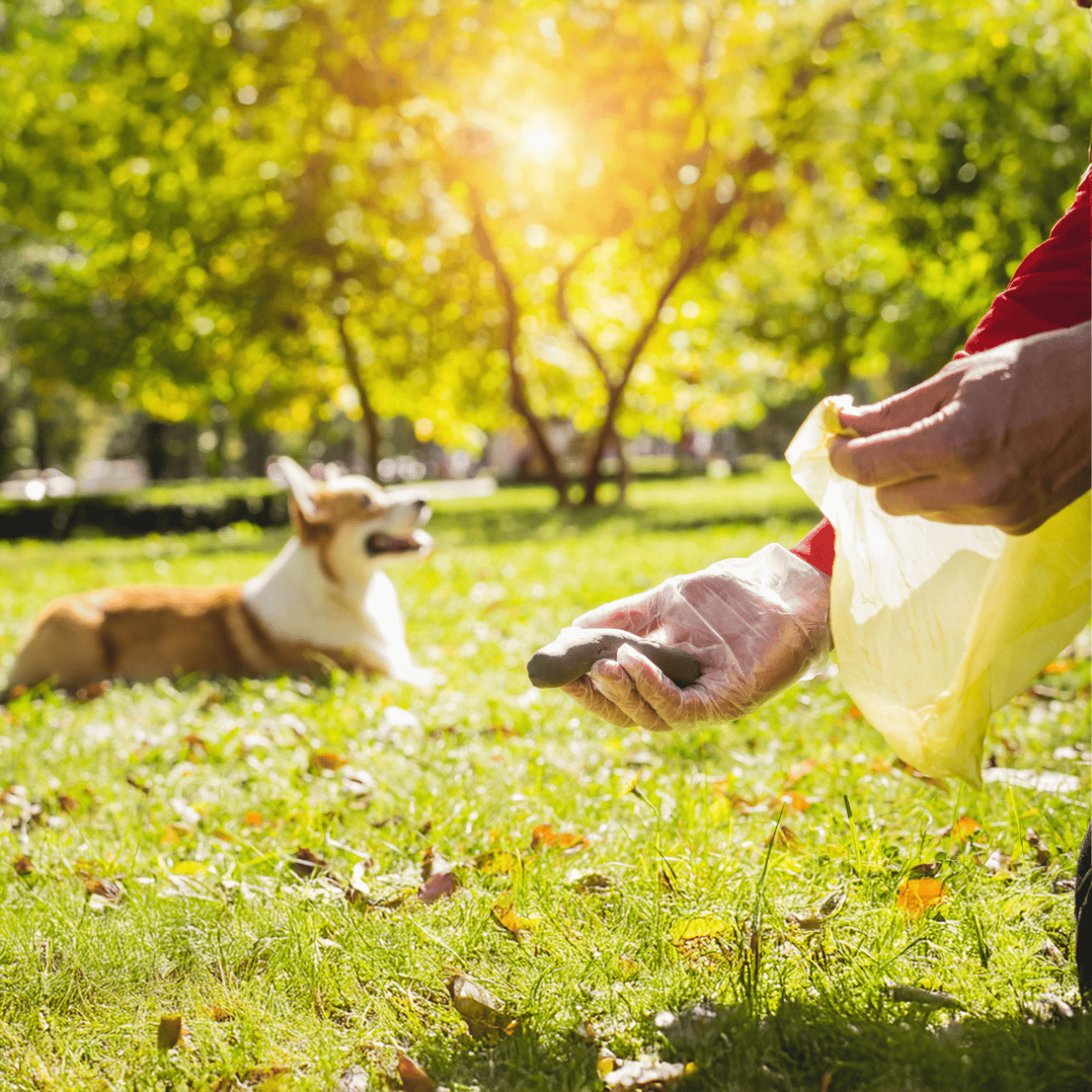
- Regularly check for any changes in poop consistency.
- Look out for mucus, blood, or diarrhoea.
- Don’t hesitate to reach out to a vet if something seems off.
- Keep a photo record if needed for vet consultations.
Always consult a vet for persistent issues to ensure your dog stays healthy and happy.
Preventive Measures
When dealing with mucus in dog poop, preventive actions are essential. They mainly involve maintaining the dog’s overall health and regular care routines.
Regular Deworming
Regular deworming is crucial. Worms and other parasites can cause the appearance of mucus in the dog’s stool. Owners should follow their vet’s recommendations for deworming schedules. Puppies need more frequent deworming compared to adult dogs. Keeping up with this schedule ensures parasites are kept in check, reducing the chances of mucus in stool.
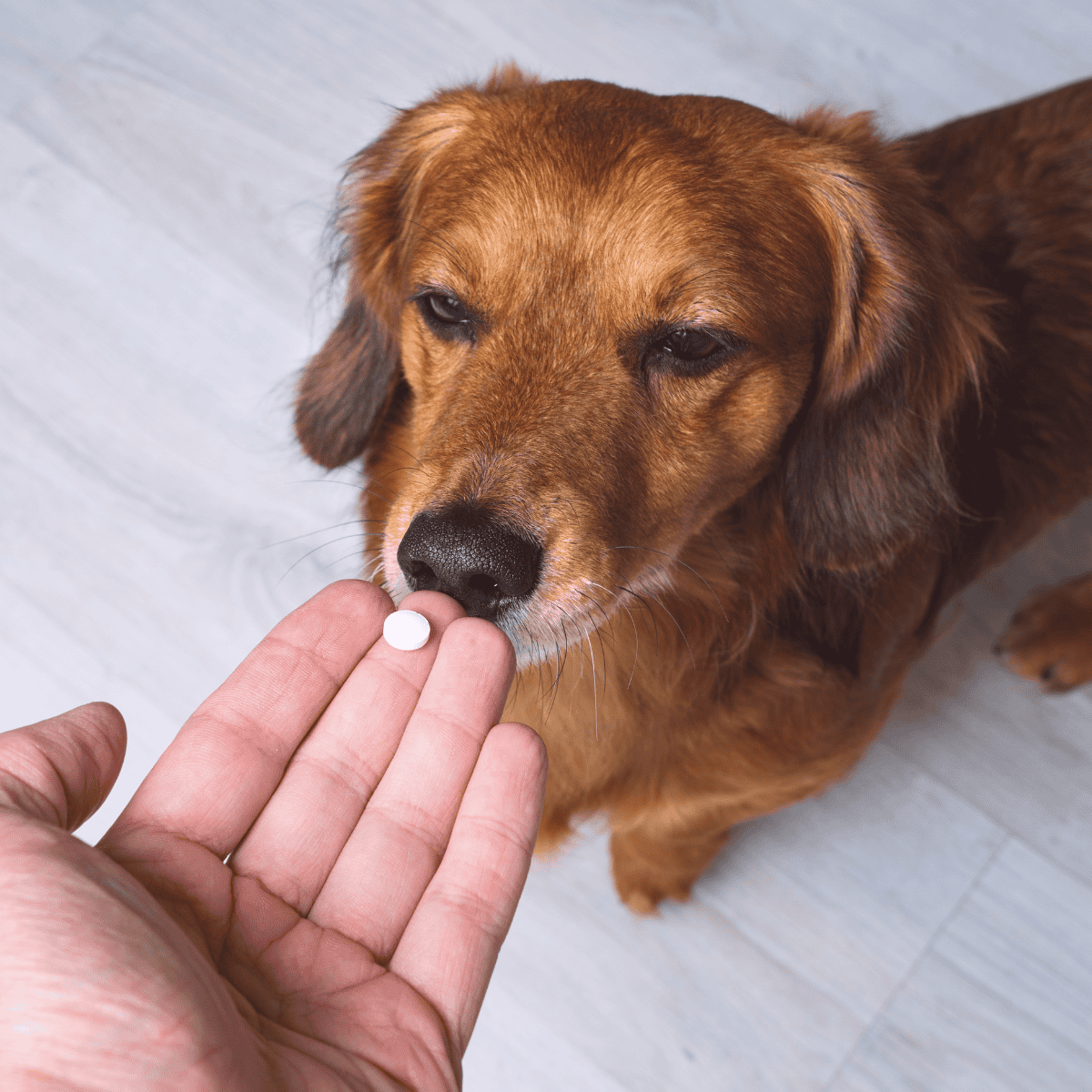
Another point to consider is using high-quality dewormers. Over-the-counter options may not be as effective. A veterinarian can prescribe the best treatment. Regular check-ups and stool tests can also help in detecting any underlying issues early.
Proper Hydration
Proper hydration is vital for a dog’s digestive health. Dogs should always have access to fresh and clean water. Dehydration can lead to constipation, causing mucus to appear as the body tries to lubricate the intestines. Make sure water bowls are always clean and filled.
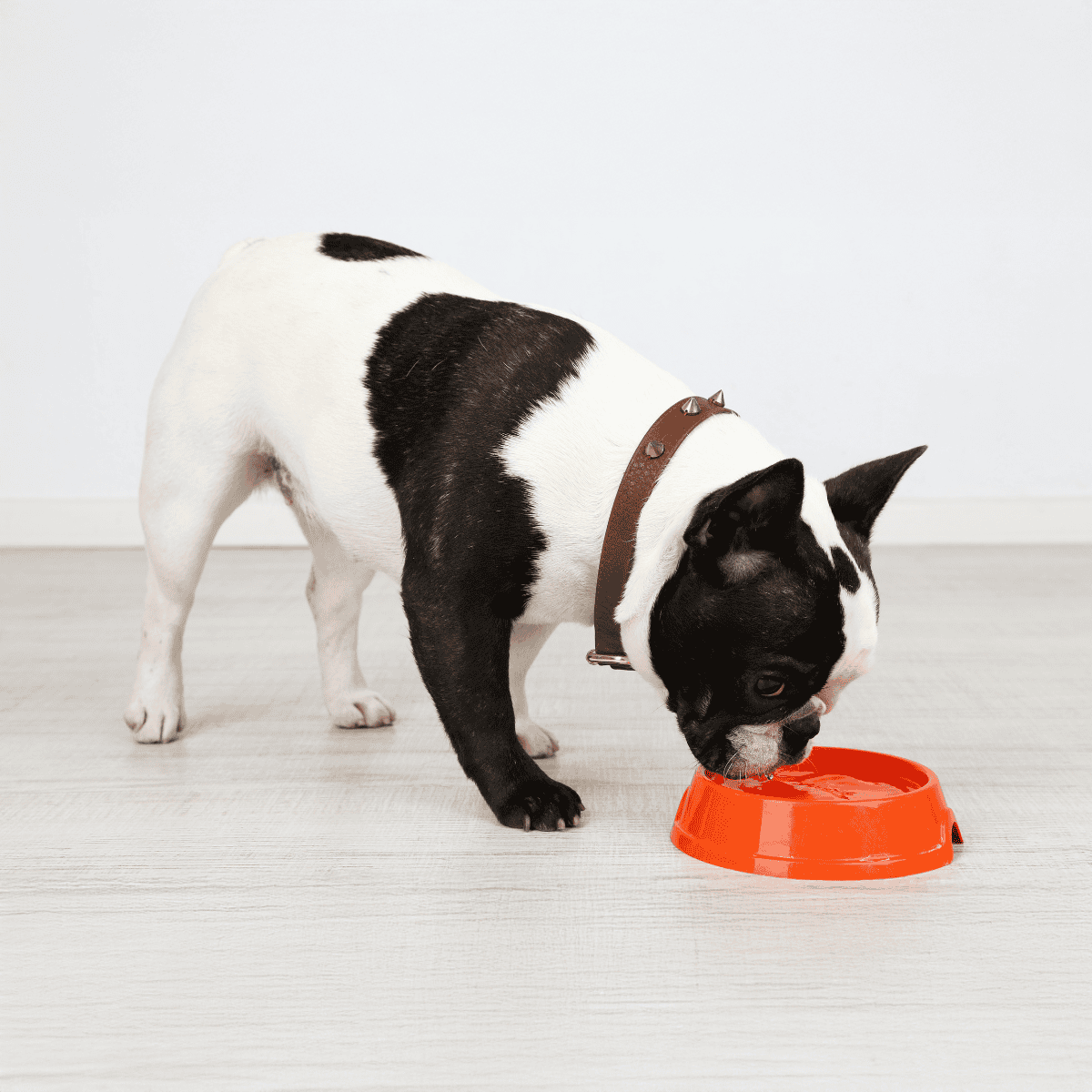
Dogs may need more water in hotter climates or after exercise. Adding water to their food can also be helpful. Wet dog food contains more moisture, which can aid in digestion and help keep stools regular and mucus-free.
Diet Management
Diet management plays a significant role in preventing mucus in dog poop. A balanced diet that includes high-quality dog food ensures proper digestion. Avoid sudden changes in diet, as this can upset their stomach and lead to mucus production. Gradually introduce any new foods.
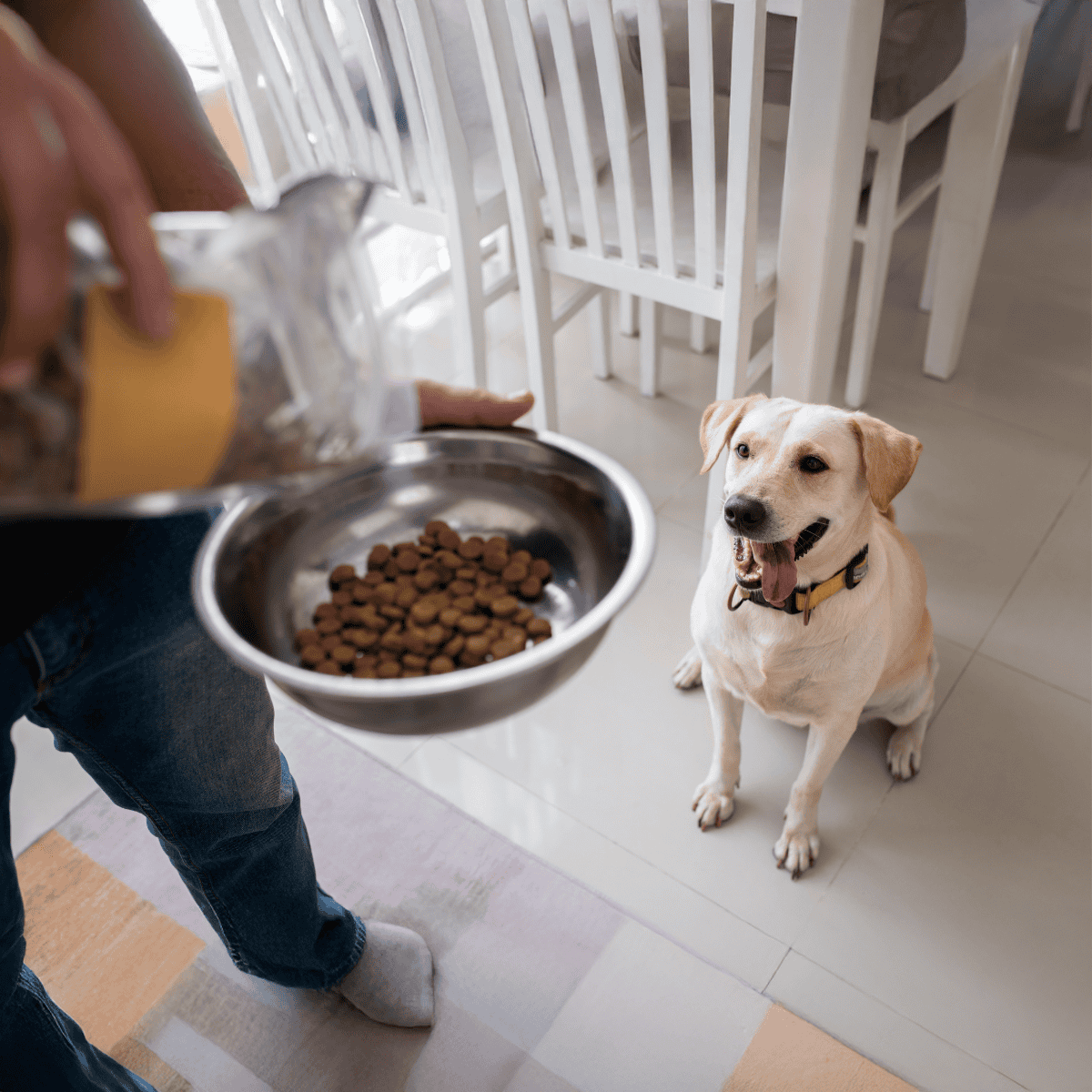
Fiber is important in a dog’s diet. It helps regulate bowel movements. Adding a small amount of pumpkin or sweet potato can be beneficial. Always consult with a veterinarian before making any major dietary changes to ensure the diet is appropriate for the dog’s specific needs.
Understanding Gastrointestinal Health in Dogs
Gastrointestinal health in dogs is crucial for their overall well-being. Key factors include the role of gut flora, the importance of fiber, and how stress affects digestive health.
The Role of Gut Flora
Gut flora, also called gut microbiota, plays an essential role in a dog’s digestion. These good bacteria help break down food and absorb nutrients. A healthy balance of gut flora can prevent digestive issues like diarrhoea and constipation.
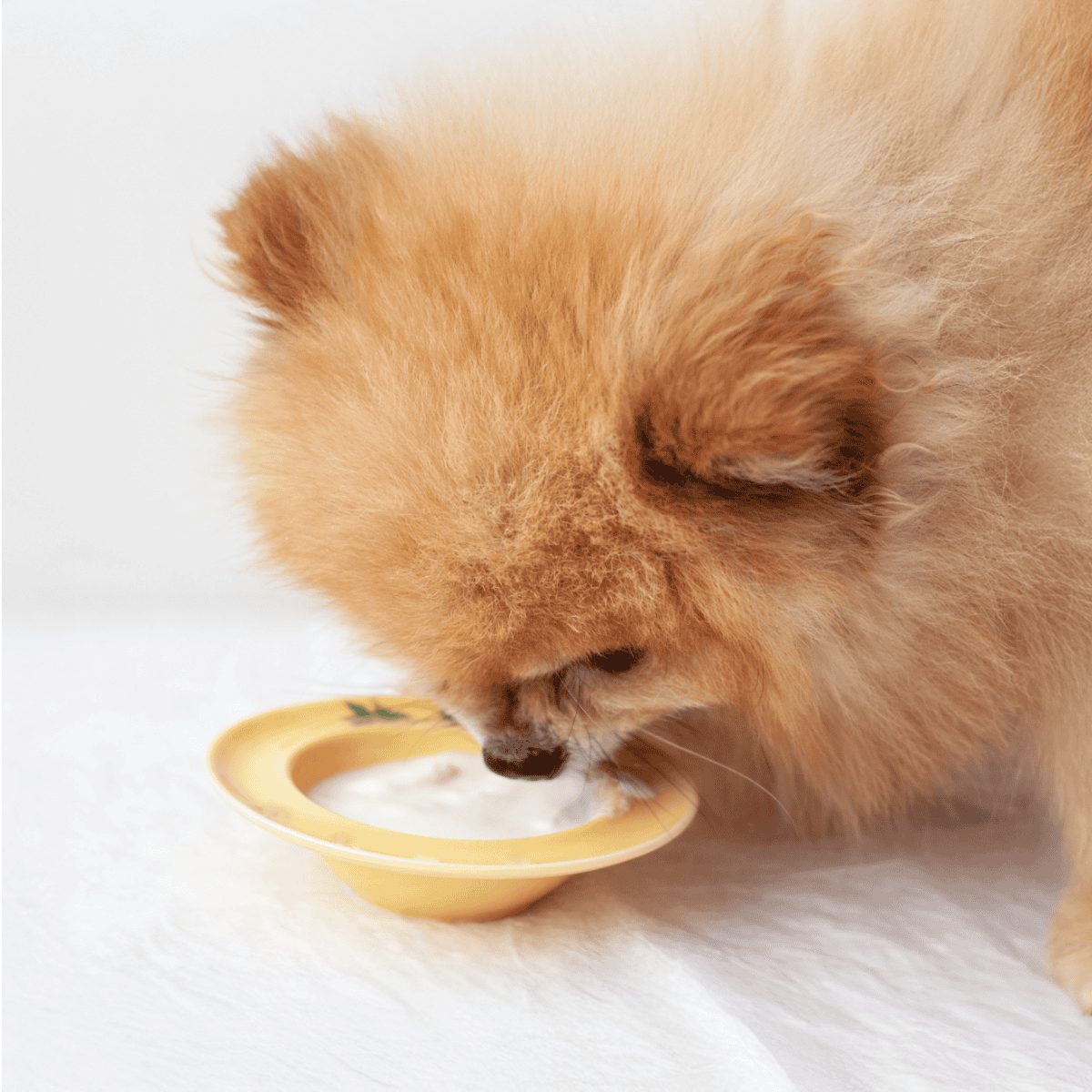
Antibiotics and poor diet can harm gut flora. Foods rich in probiotics, like yogurt or specially formulated dog supplements, help restore good bacteria. Maintaining a healthy gut flora balance keeps the digestive system working smoothly, reducing the risk of gastrointestinal problems.
Importance of Fiber
Fiber is vital for proper digestion in dogs. It helps regulate bowel movements and maintains gut health. Soluble fiber dissolves in water and aids in nutrient absorption, while insoluble fiber adds bulk to stool.
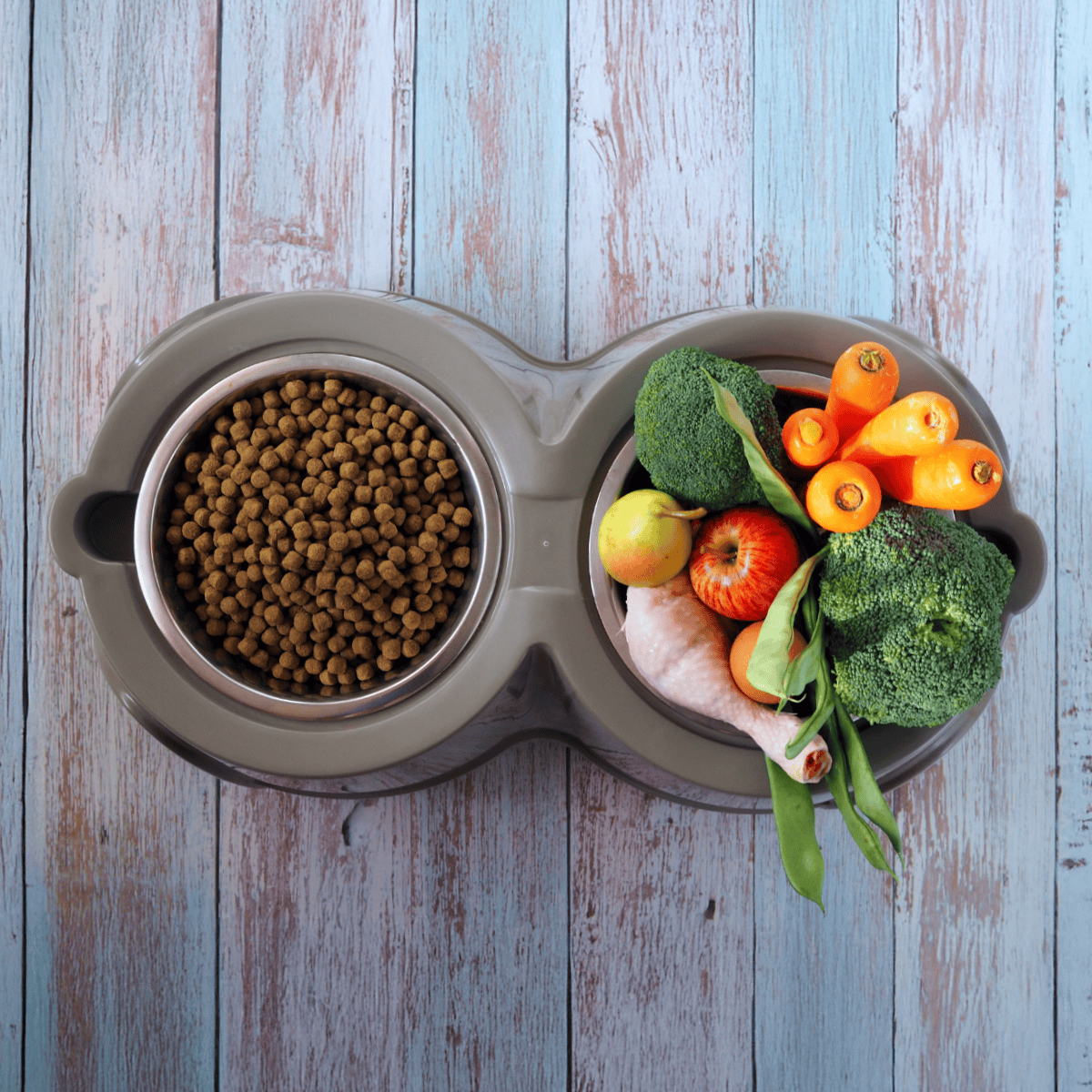
Good fiber sources include vegetables, fruits, and whole grains. Too much or too little fiber can cause problems, so it’s important to find a balance. Consulting a vet to determine the right fiber amount is recommended. Balanced fiber intake can minimise issues like constipation and diarrhoea.
Stress and Digestive Health
Stress can negatively impact a dog’s digestive health. Changes in routine, loud noises, or moving to a new home can cause stress. Stress often leads to symptoms like vomiting, diarrhoea, or loss of appetite.

Regular exercise, a consistent feeding schedule, and a calm environment can alleviate stress. Some dogs may benefit from calming supplements or behaviour training. Reducing stress factors can lead to better digestive health and less frequent gastrointestinal issues.
Myths and Misconceptions
Many pet owners have questions about mucus in their dog’s poop. Several myths and misconceptions can cause unnecessary worry.
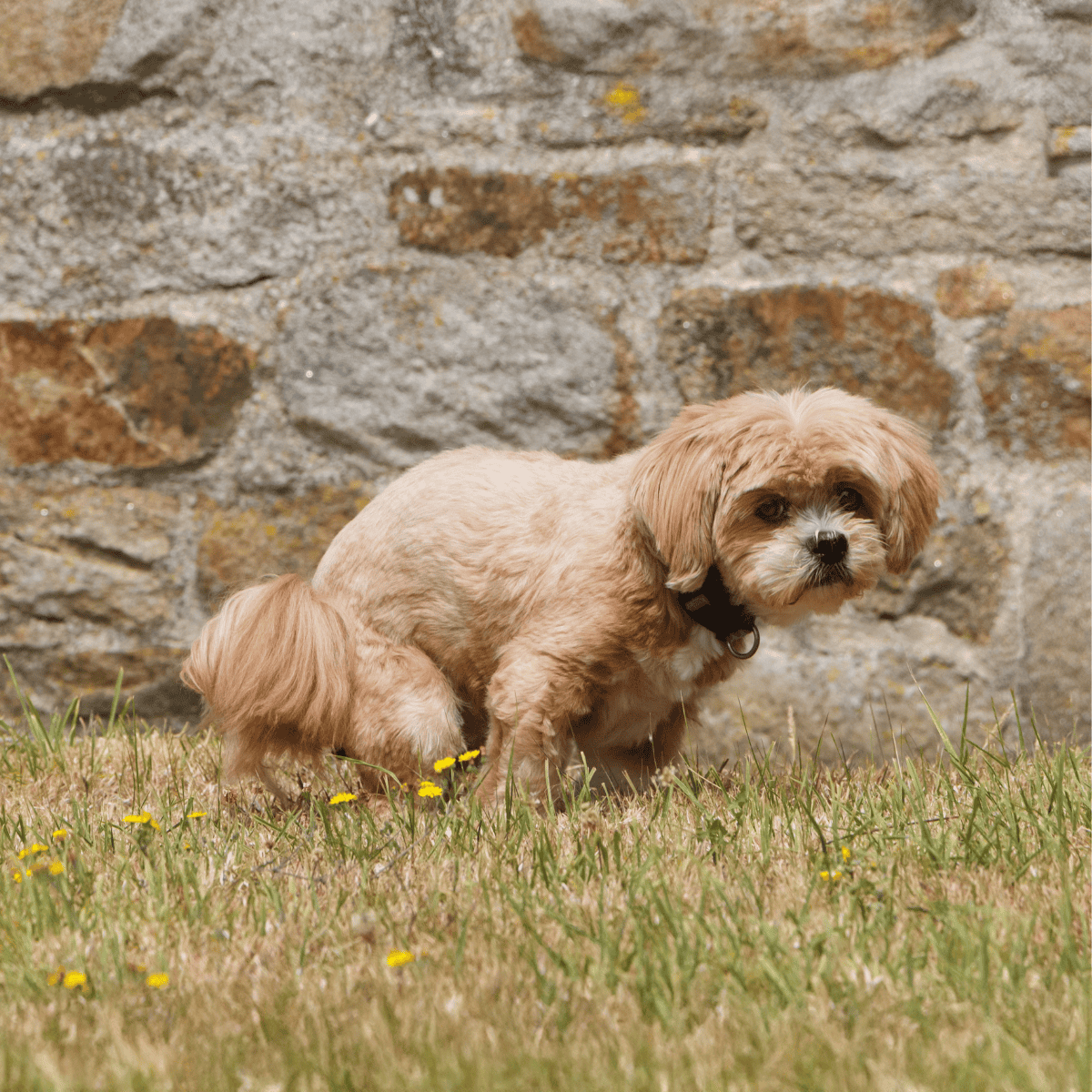
One common myth is that mucus in poop always means a serious illness. Mucus can appear for many reasons, some of which are minor.
Some think any change in a dog’s poop is a sign of worms. While worms might be a cause, there are many other reasons for mucus.
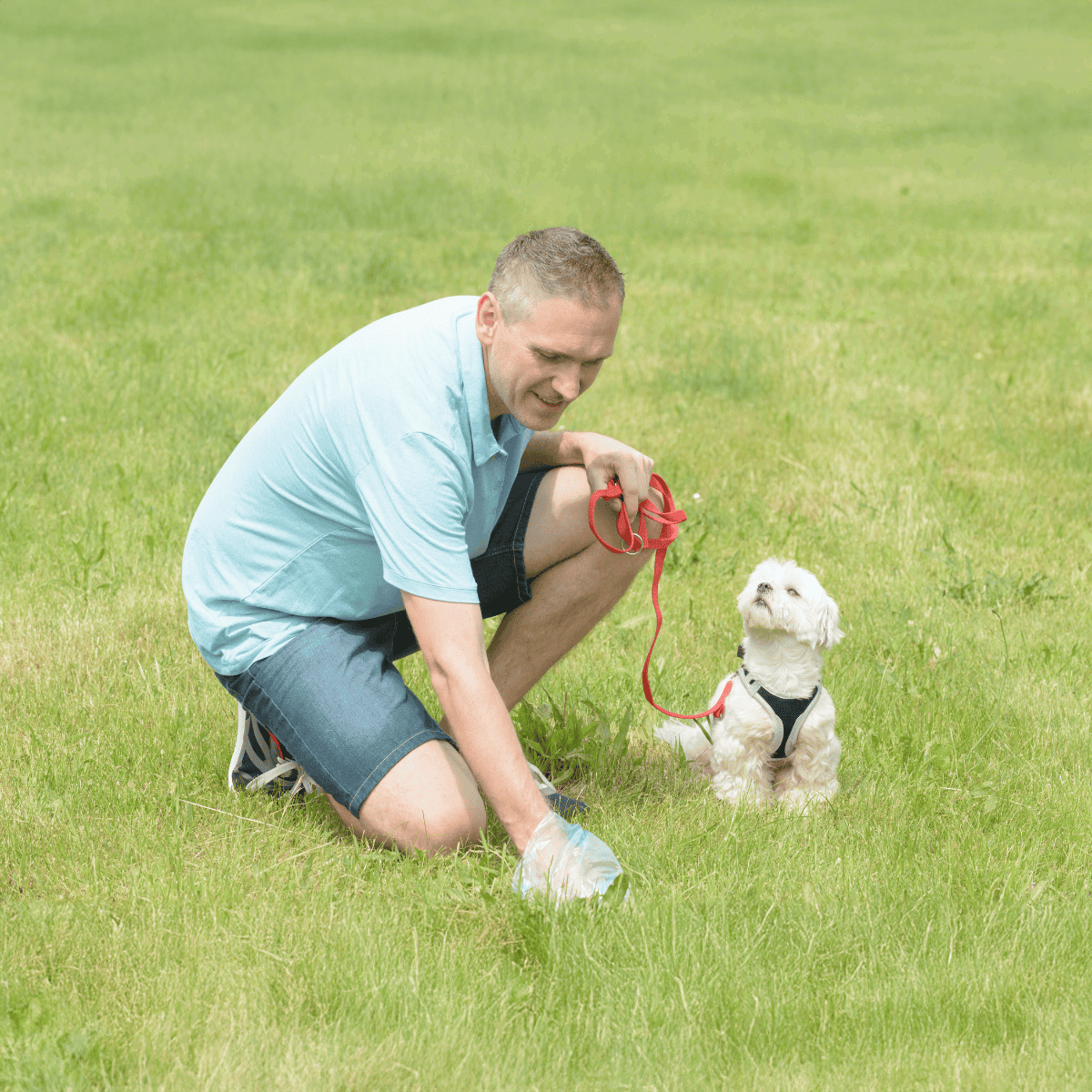
Another misconception is that changing a dog’s diet will fix all digestive issues. Though diet can impact digestion, not all problems are diet-related.
Owners might believe that their dog needs antibiotics if mucus appears. In fact, antibiotics are not always needed and could even cause harm if used improperly.
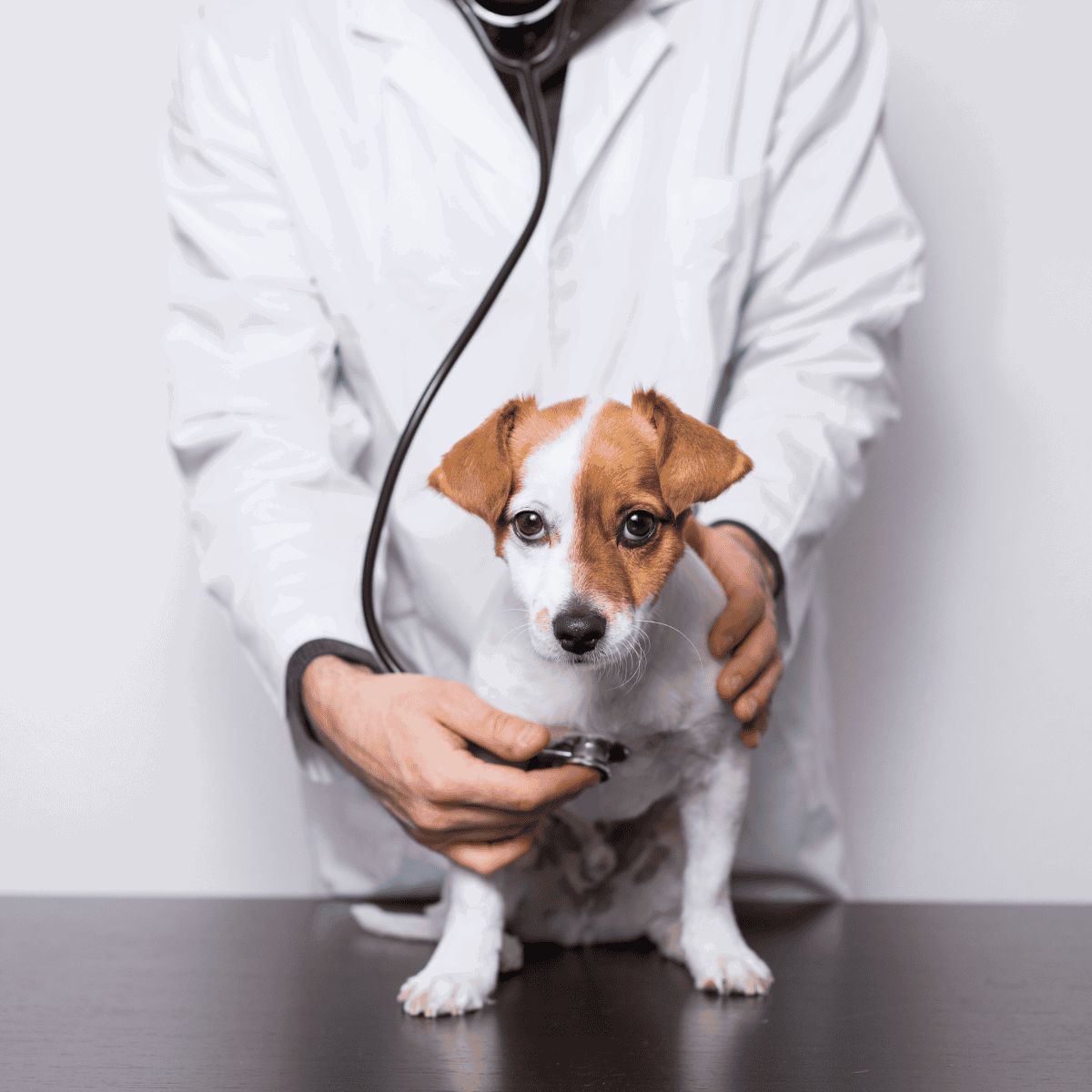
People often think that natural remedies or supplements will cure any digestive problem. While some may help, not all issues can be solved this way.
If you notice persistent mucus, it’s best to consult a veterinarian. They can provide proper guidance and treatment based on your dog’s specific condition.
